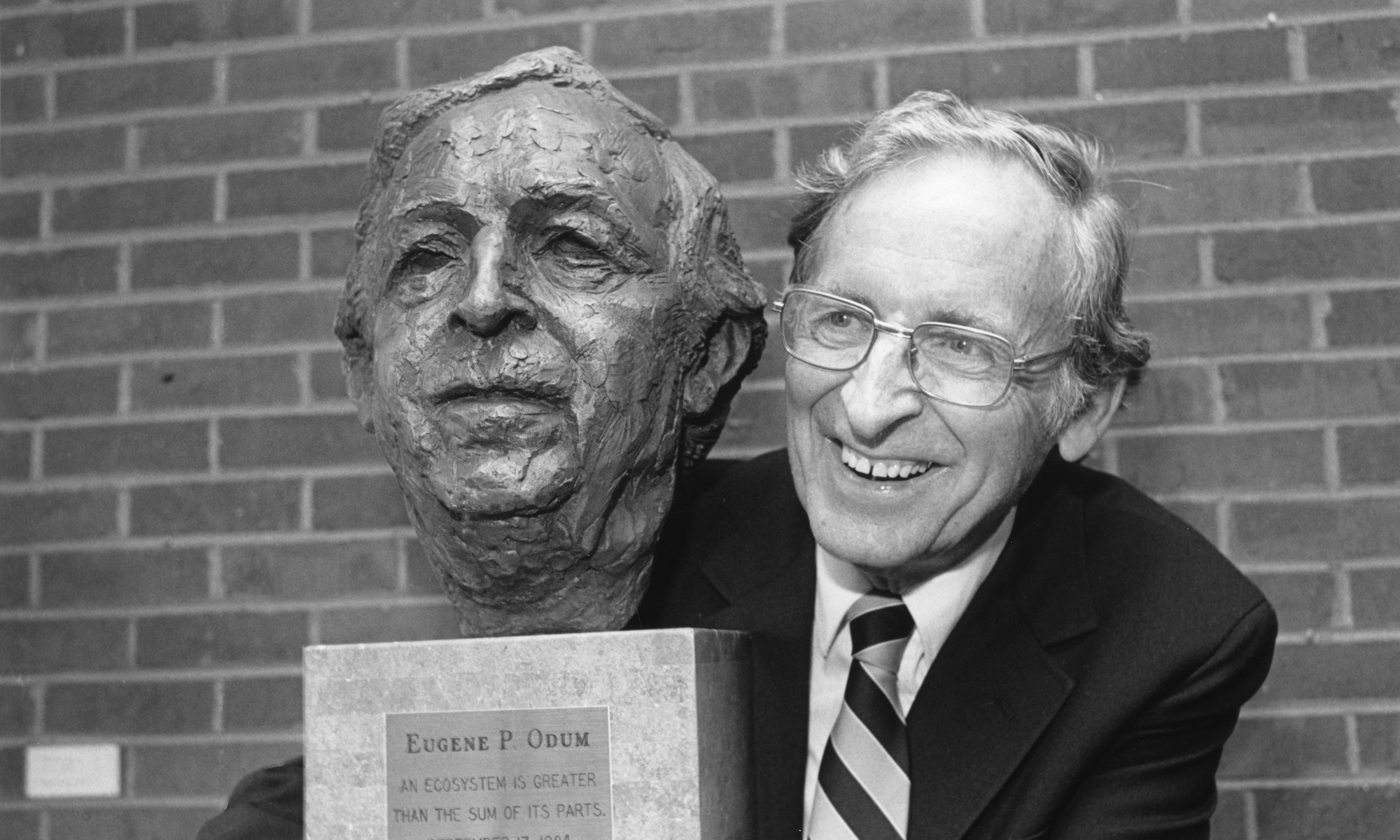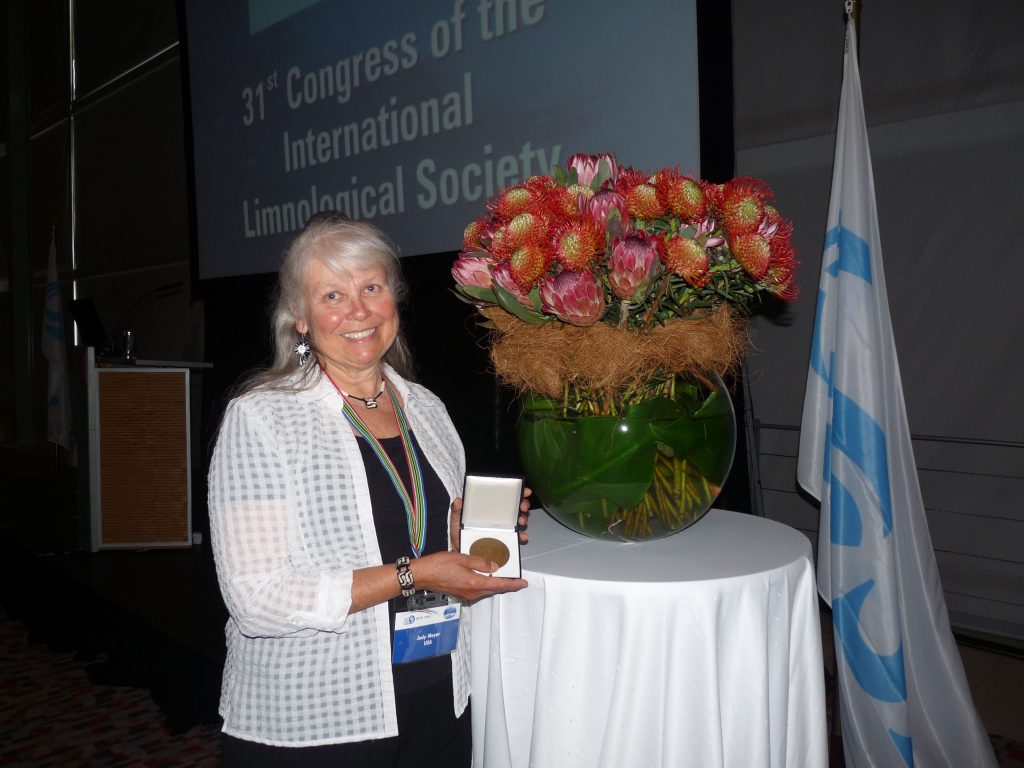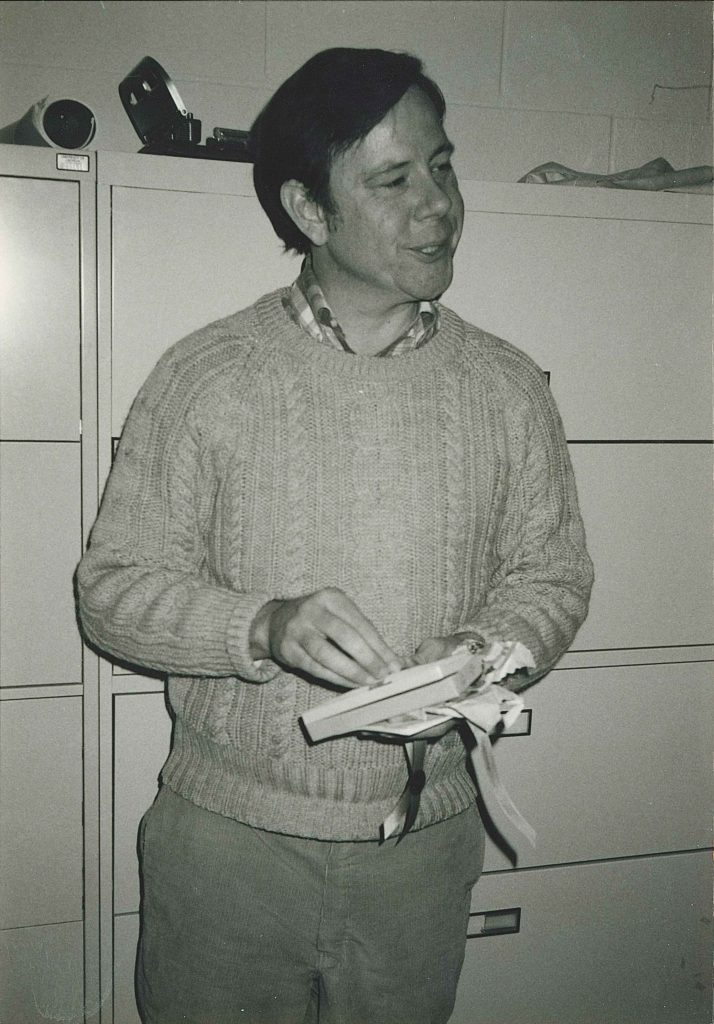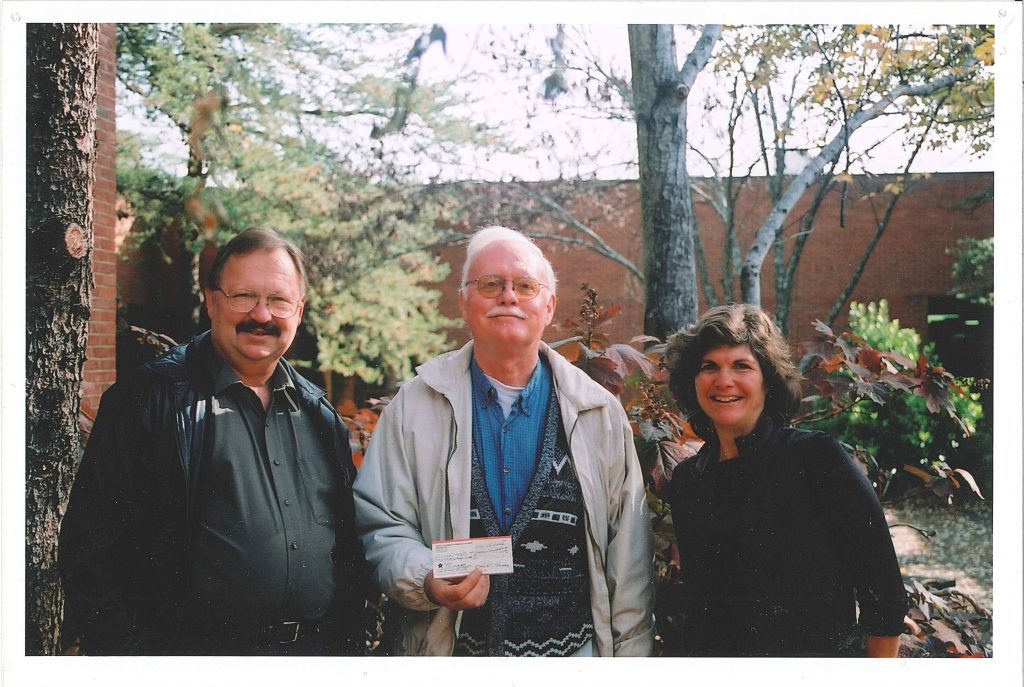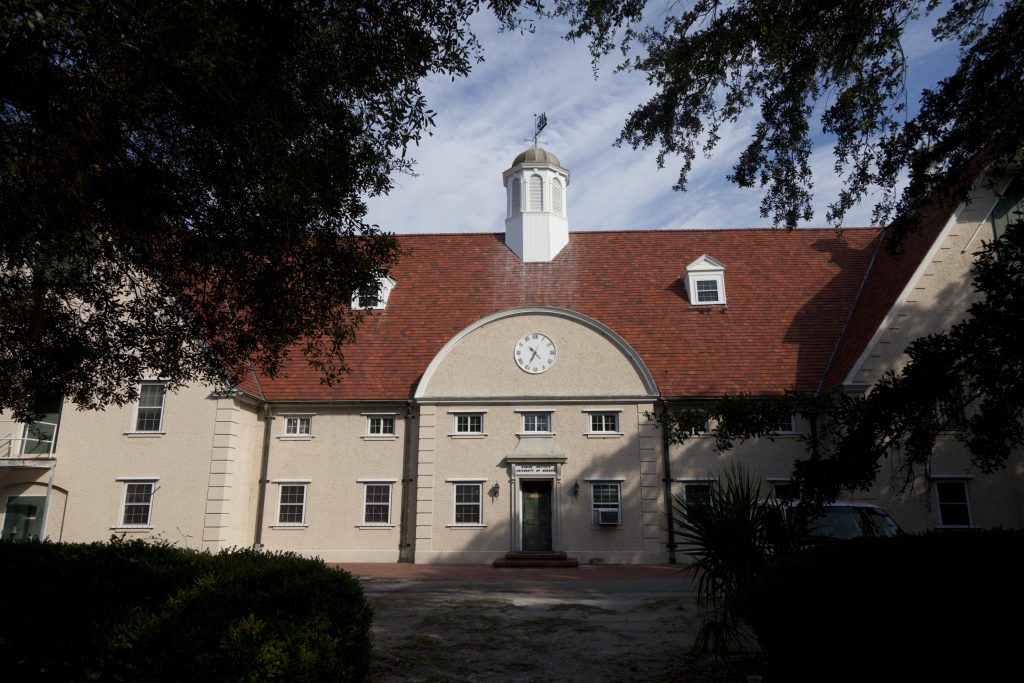History of Odum
2016
2016
Center for the Ecology of Infectious Diseases approved.
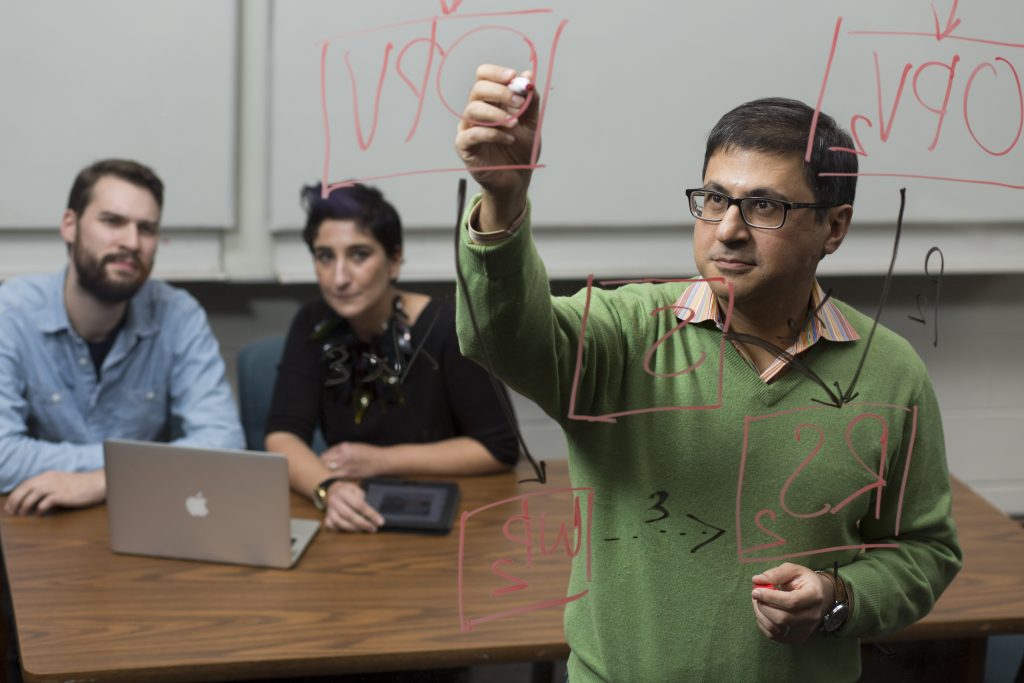
2015
2015
A.B. degree in Ecology approved.
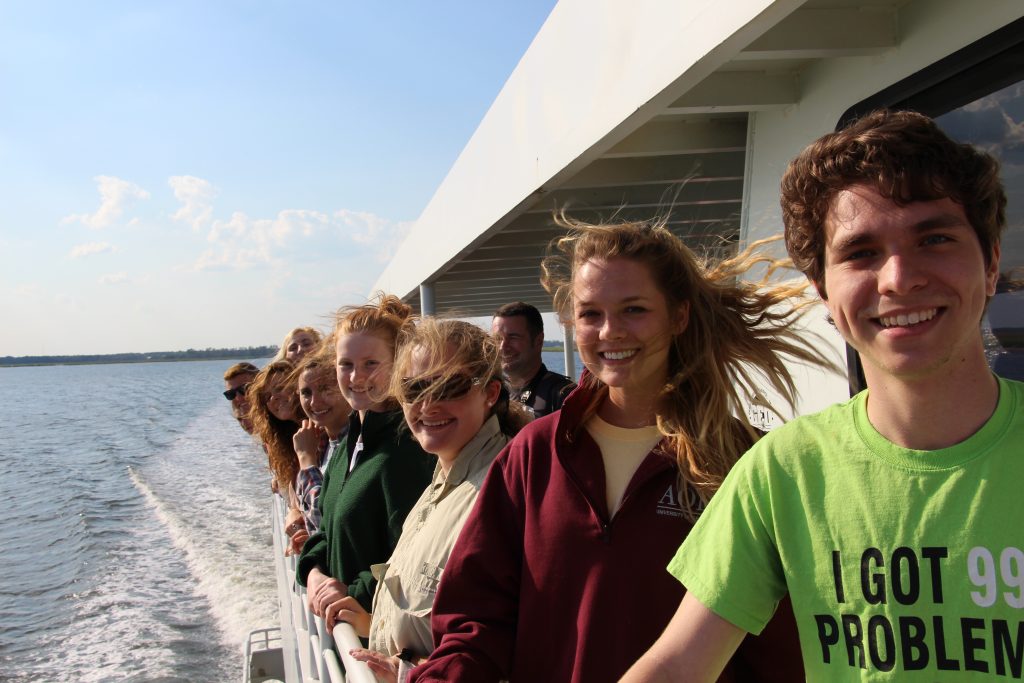
Ph.D. in Ecology with concentration in Infectious Diseases Across Scales approved.
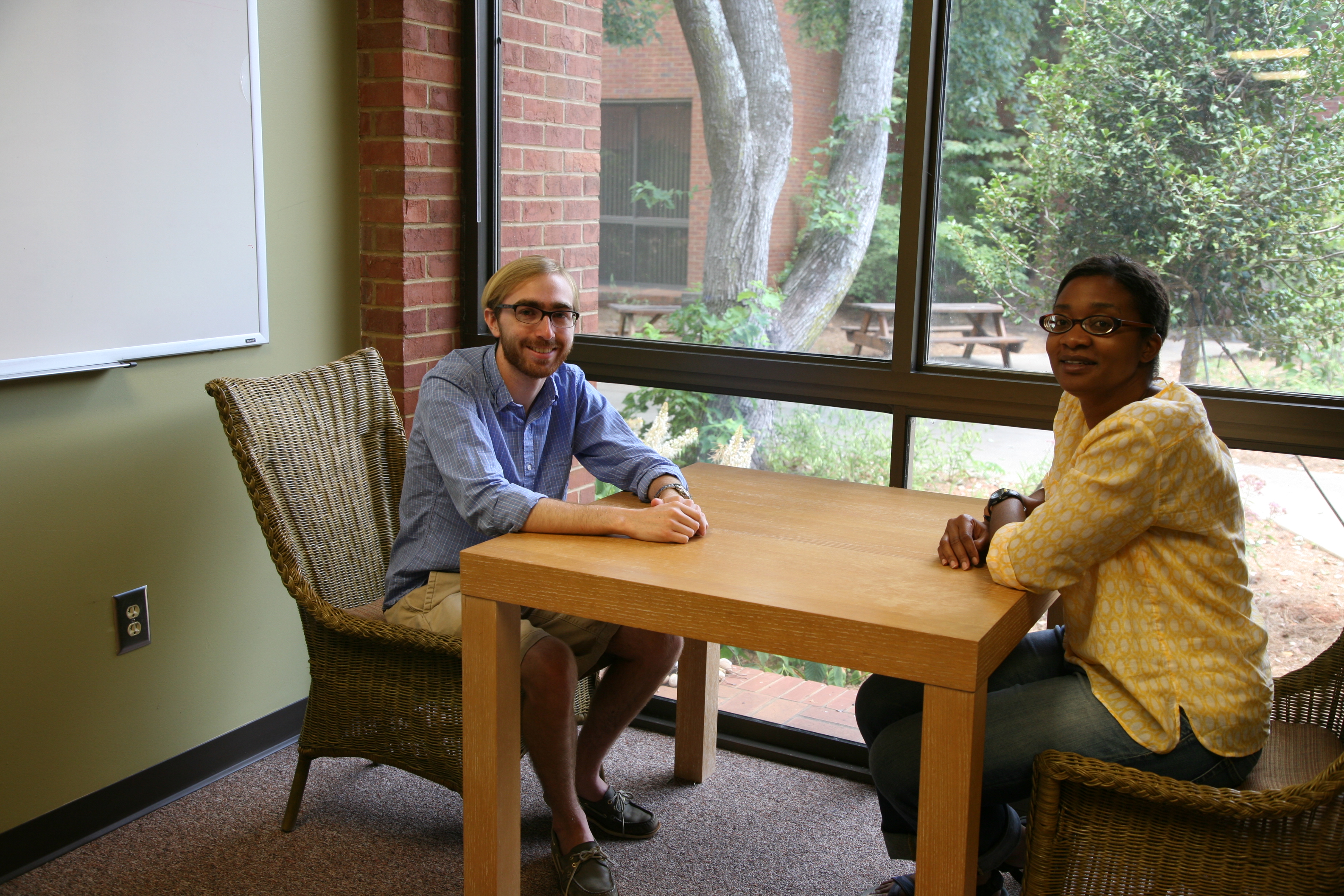
2011
2011
Interdisciplinary Ph.D. program in Integrative Conservation approved, with participation from the Odum School of Ecology, the Warnell School of Forestry and Natural Resources, and the departments of anthropology and geography.
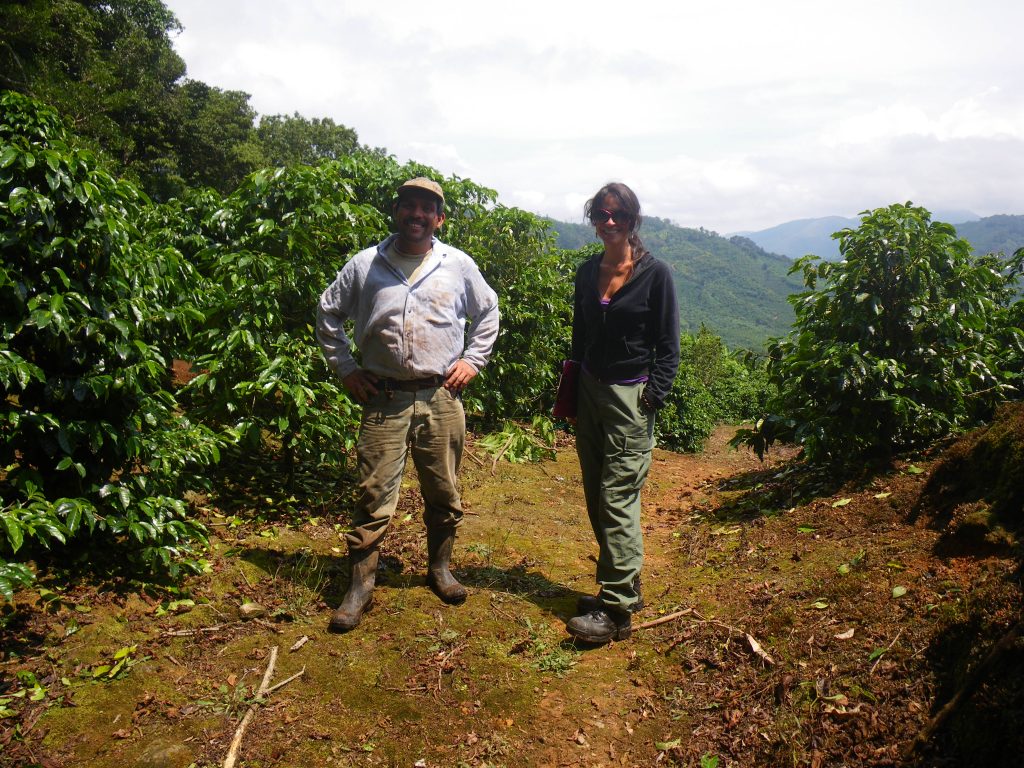
2008
2008
Ecology undergraduate minor established.
2007
2007
Institute of Ecology splits off from the College of Environment and Design and becomes the Odum School of Ecology, with John Gittleman serving as dean.
2006
2006-2007
Prof. Alan P. Covich serves as president of the Ecological Society of America.
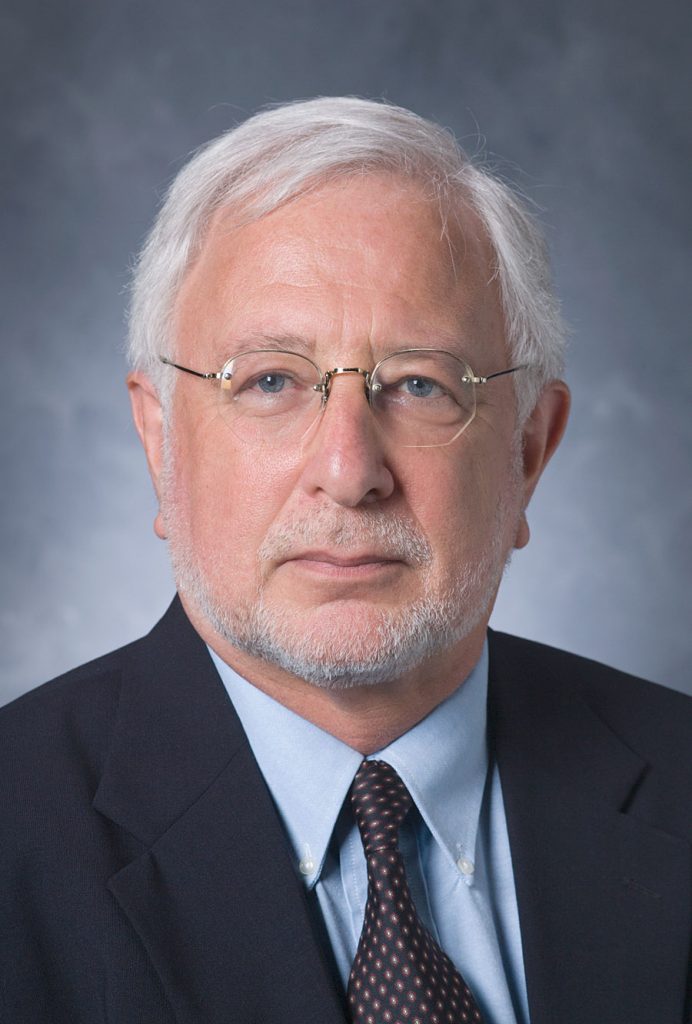
2006
2006
John Gittleman becomes director of the Institute of Ecology.
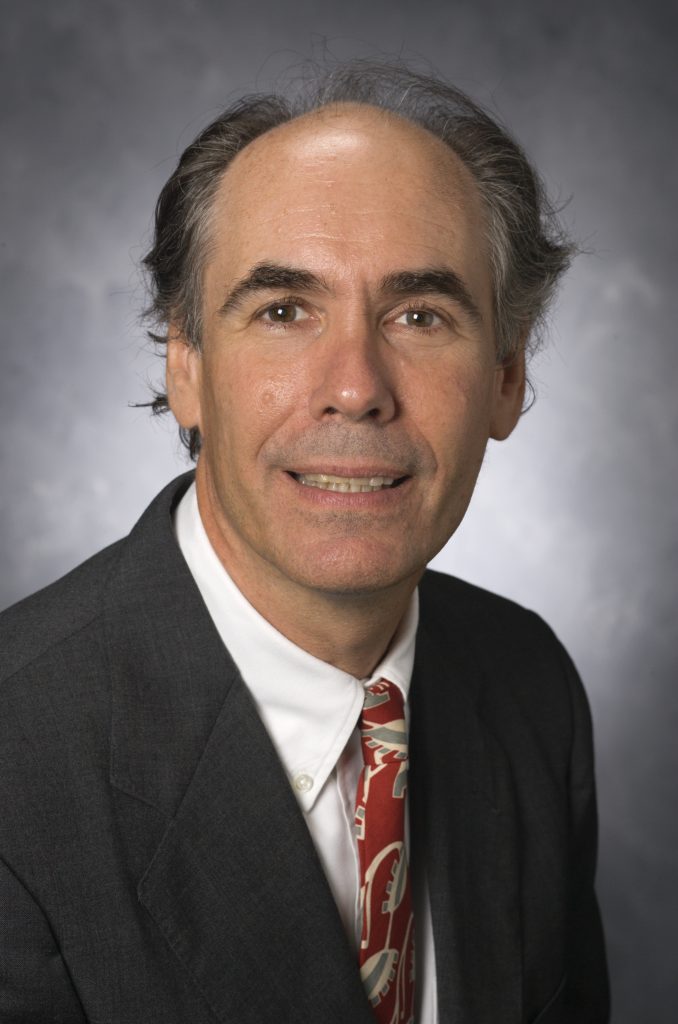
2003
2003
Alan Covich becomes director of the Institute of Ecology.
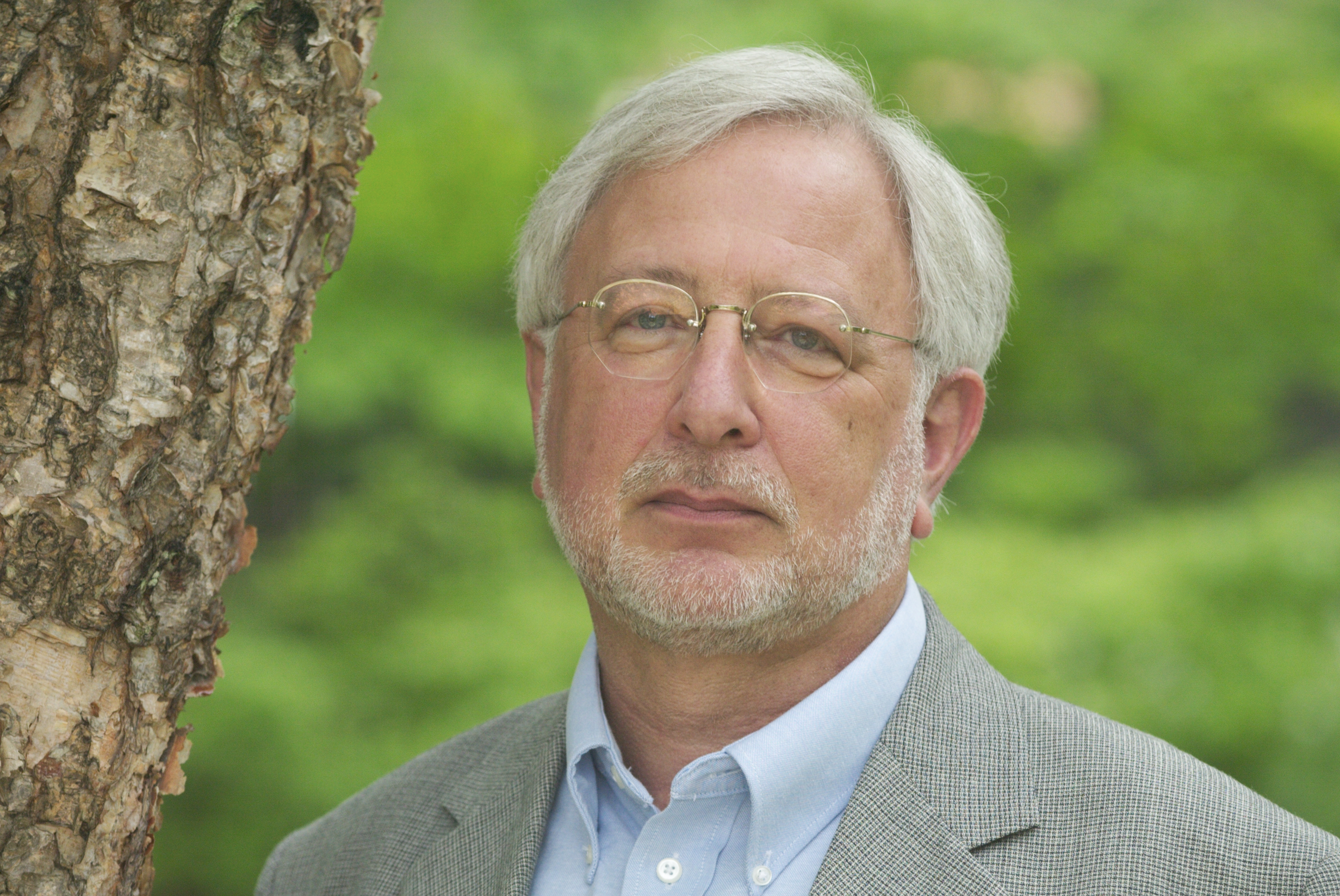
2002
2002
Eugene P. Odum dies on Aug. 10, at home in his garden.

2001
2001
Institute of Ecology merges with School of Environmental Design to form the College of Environment and Design with Jack Crowley as dean.
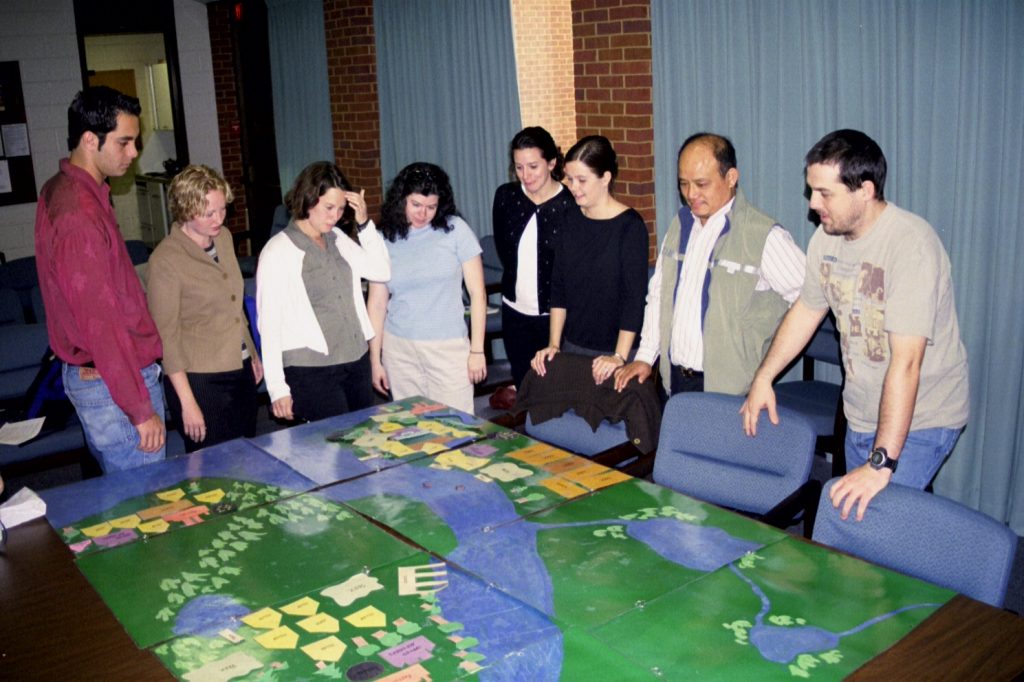
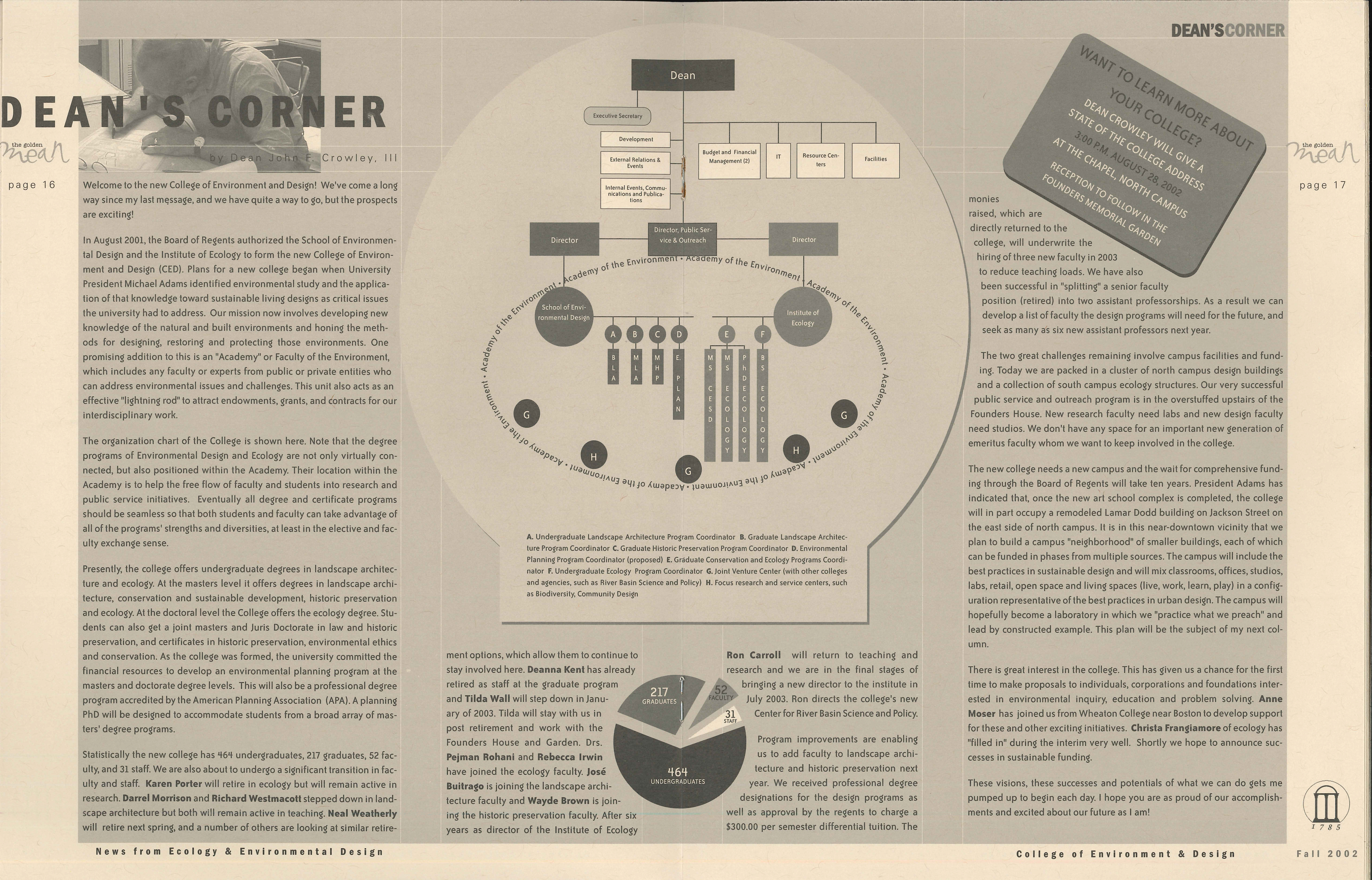
2000
2000
River Basin Science and Policy Center established.
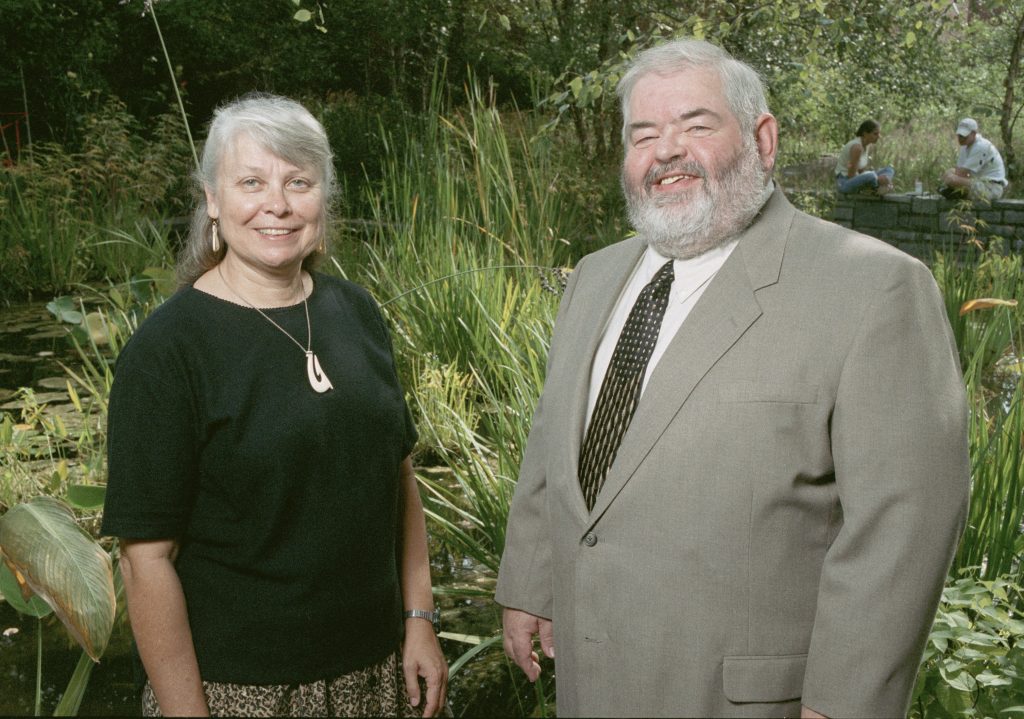
1997
1997
Ron Carroll becomes director of the Institute of Ecology.
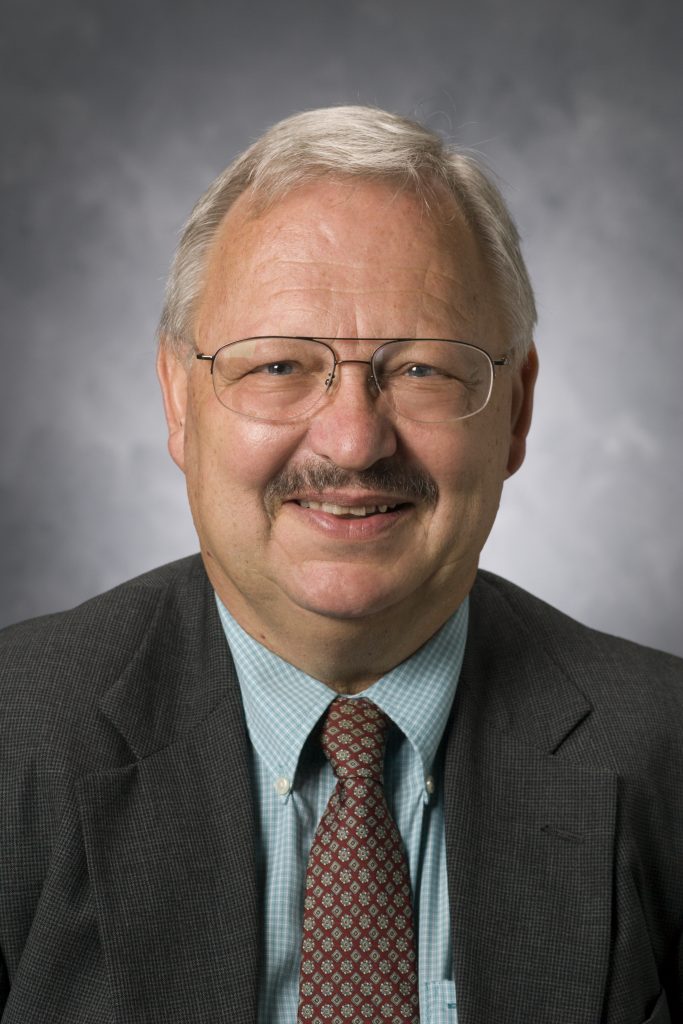
1996
1996
M.S. degree in Ecology approved.
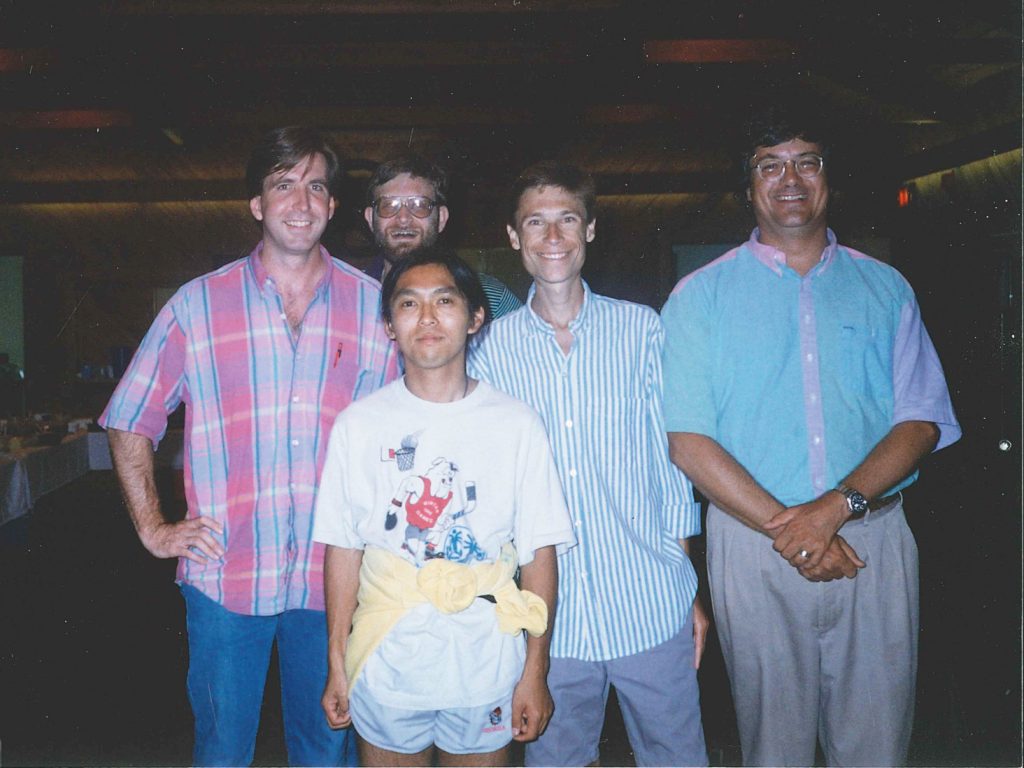
1995
1995
The first Institute of Ecology Graduate Student Symposium is organized by Janice Sand, Liz Kramer, Bob Hall, and Anne Dix.
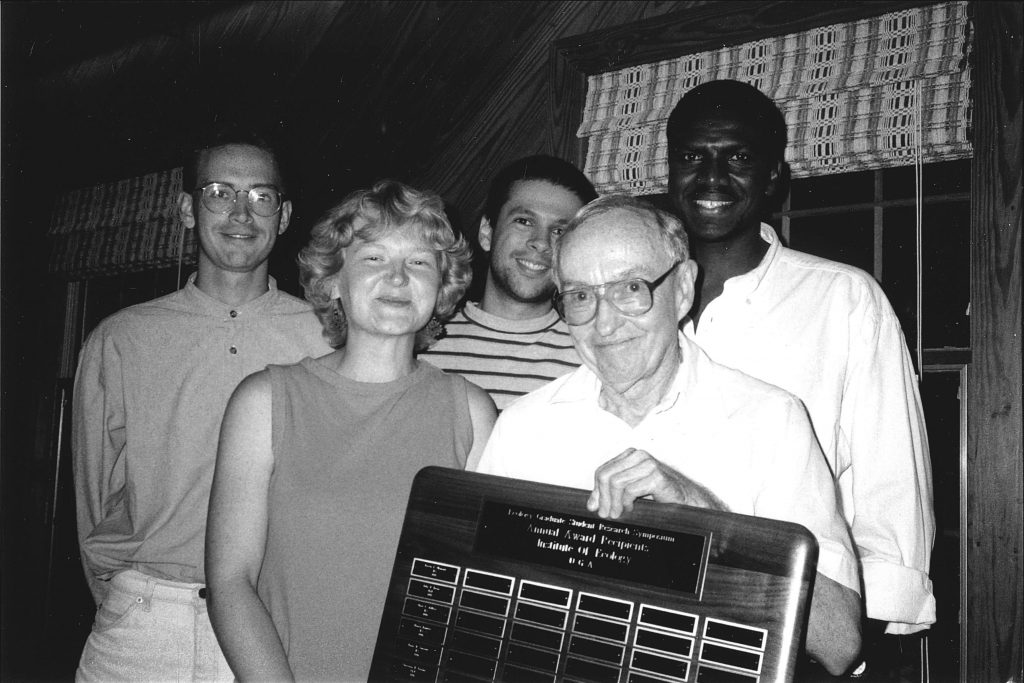
B.S. degree in Ecology approved.
1994
1994
Gary Barrett becomes director of the Institute of Ecology.
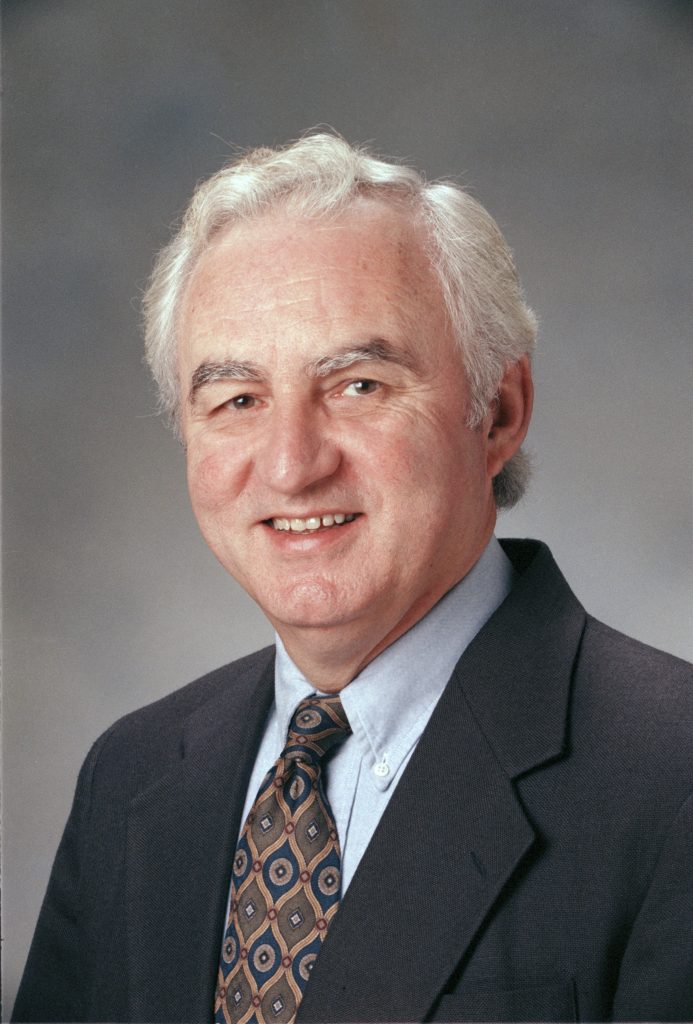
Environmental Ethics Certificate Program established for undergraduate students.
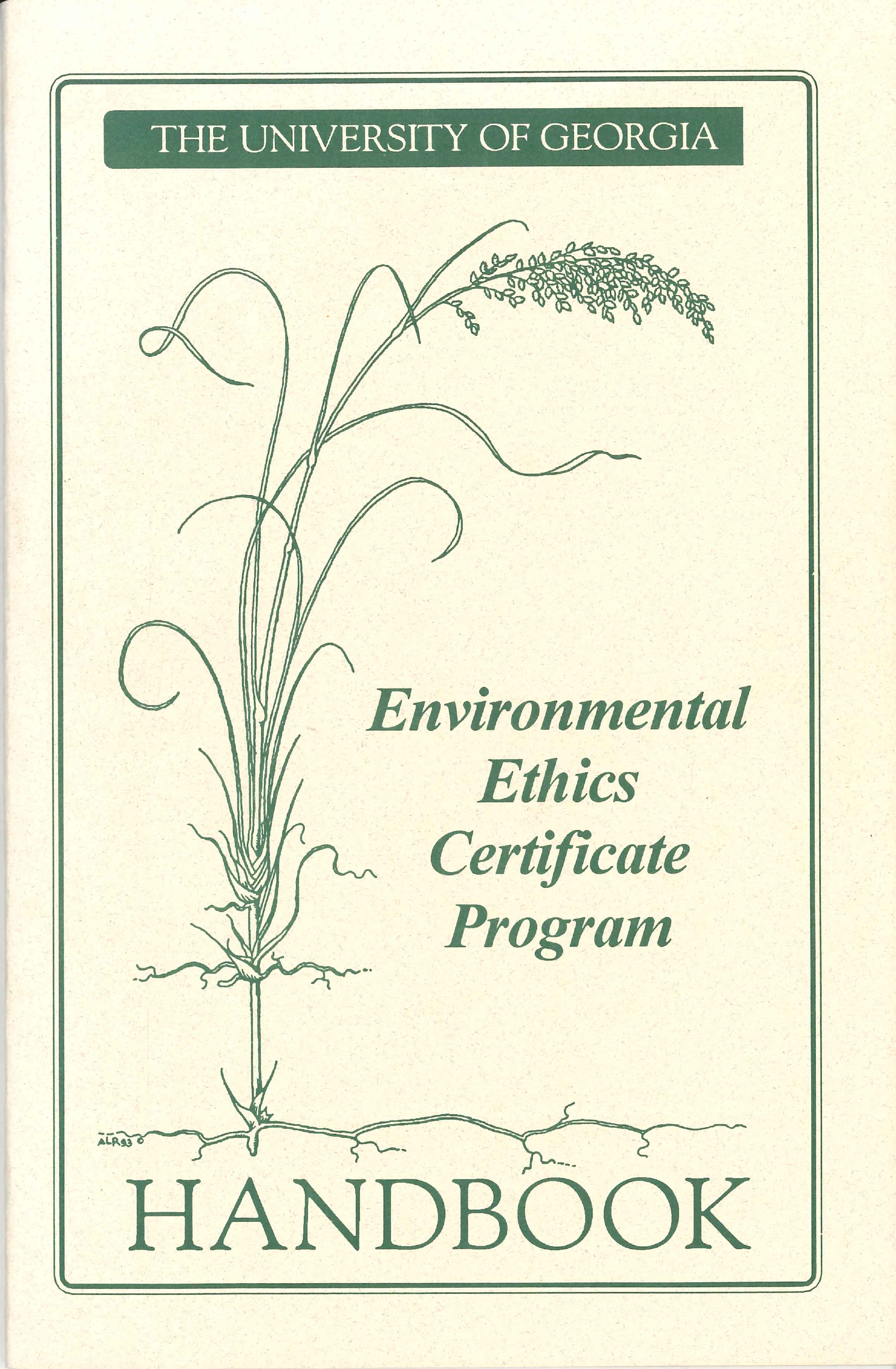
1993
1993
Institute of Ecology becomes a degree-granting academic unit as part of the Franklin College of Arts and Sciences.
UGA institutes the Environmental Literacy requirement for undergraduates.
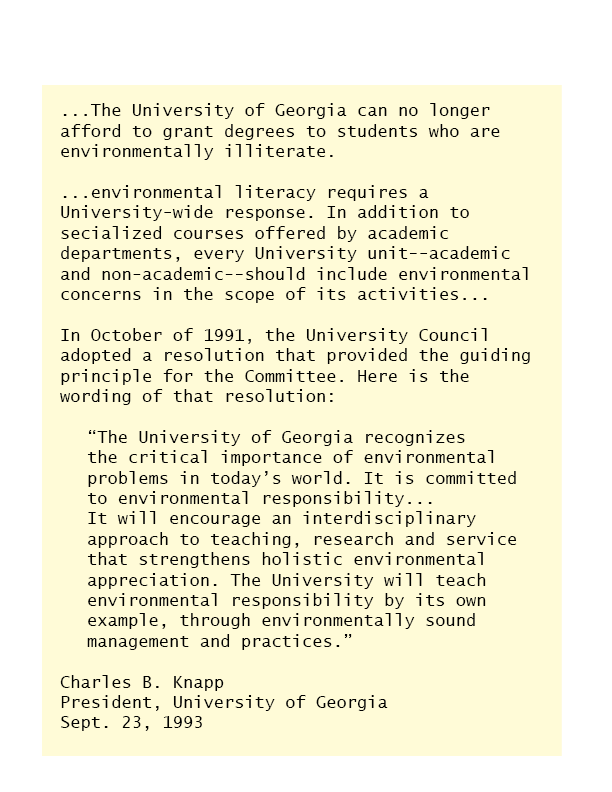
1991
1991
M.S. in Conservation Ecology and Sustainable Development degree program and certificate program approved
1987
1987
Eugene Odum and his brother H.T. receive the Crafoord Prize in Ecology from the Royal Swedish Academy of Science, Stockholm.
Ronald Pulliam becomes director of the Institute of Ecology.
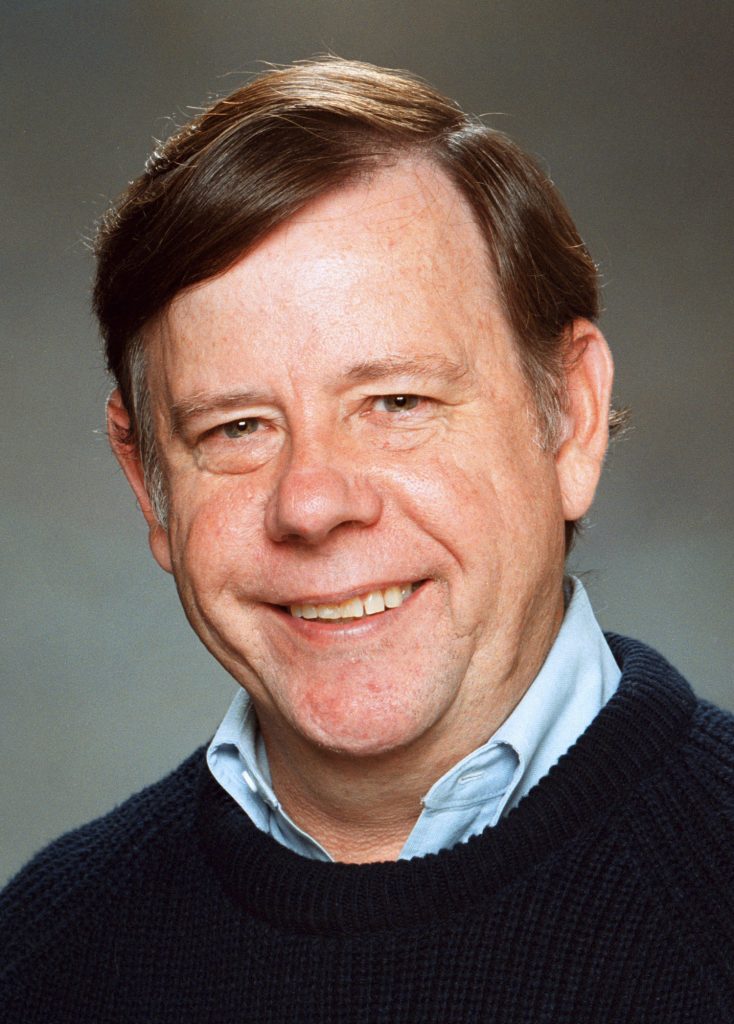
1985
1985
David C. Coleman delivers the first Odum Lecture.
1984
1984
Odum retires from the University of Georgia.
Frank Golley becomes director of the Institute of Ecology.
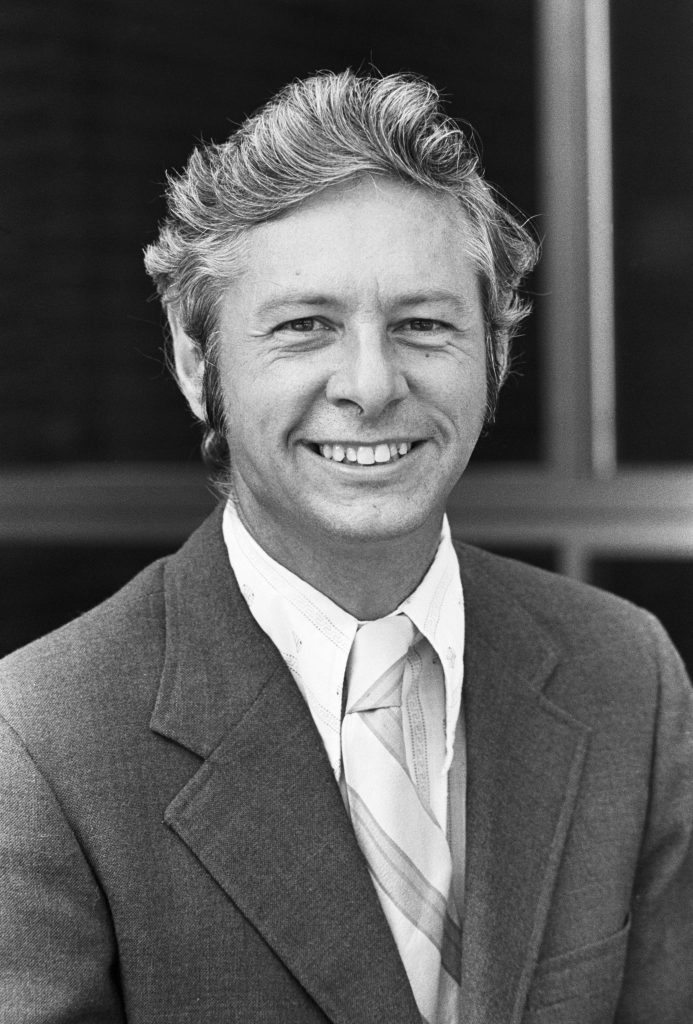
1983
1983
Environmental Ethics Certificate Program established for graduate students at UGA.
1980
1980
First course for an undergraduate interdisciplinary major in environmental studies approved.
The Coweeta research program becomes UGA’s first National Science Foundation Long-term Ecological Research site.
1977
1977
New wing added to Ecology building; Interior Secretary Cecil Andres speaks at dedication ceremony.

Odum receives the John and Alice Tyler Ecology Award and establishes the Ecology endowment with its proceeds.
1977
1976-1977
Frank Golley serves as president of the Ecological Society of America.
1975
1975
Odum and his brother H.T. receive the Prix de l’Institut de la Vie.
Odum is elected a Fellow of the American Academy of Arts and Scientists.
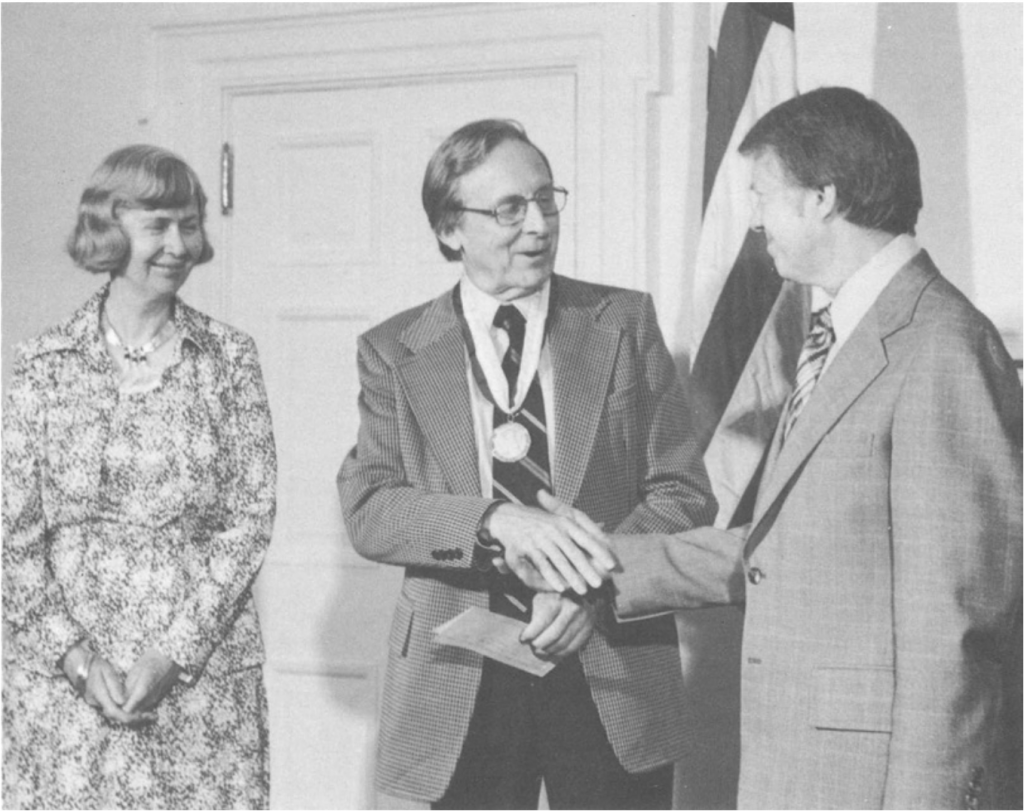
1974
1974
Ecology building completed, funded by $1,000,000 National Science Foundation grant matched by state funds.
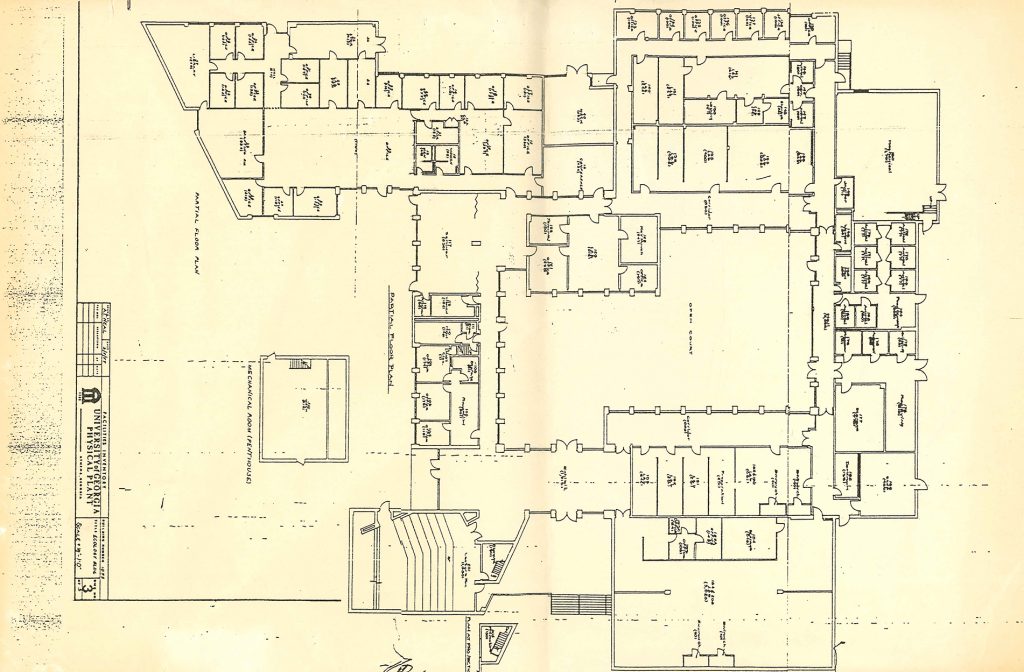
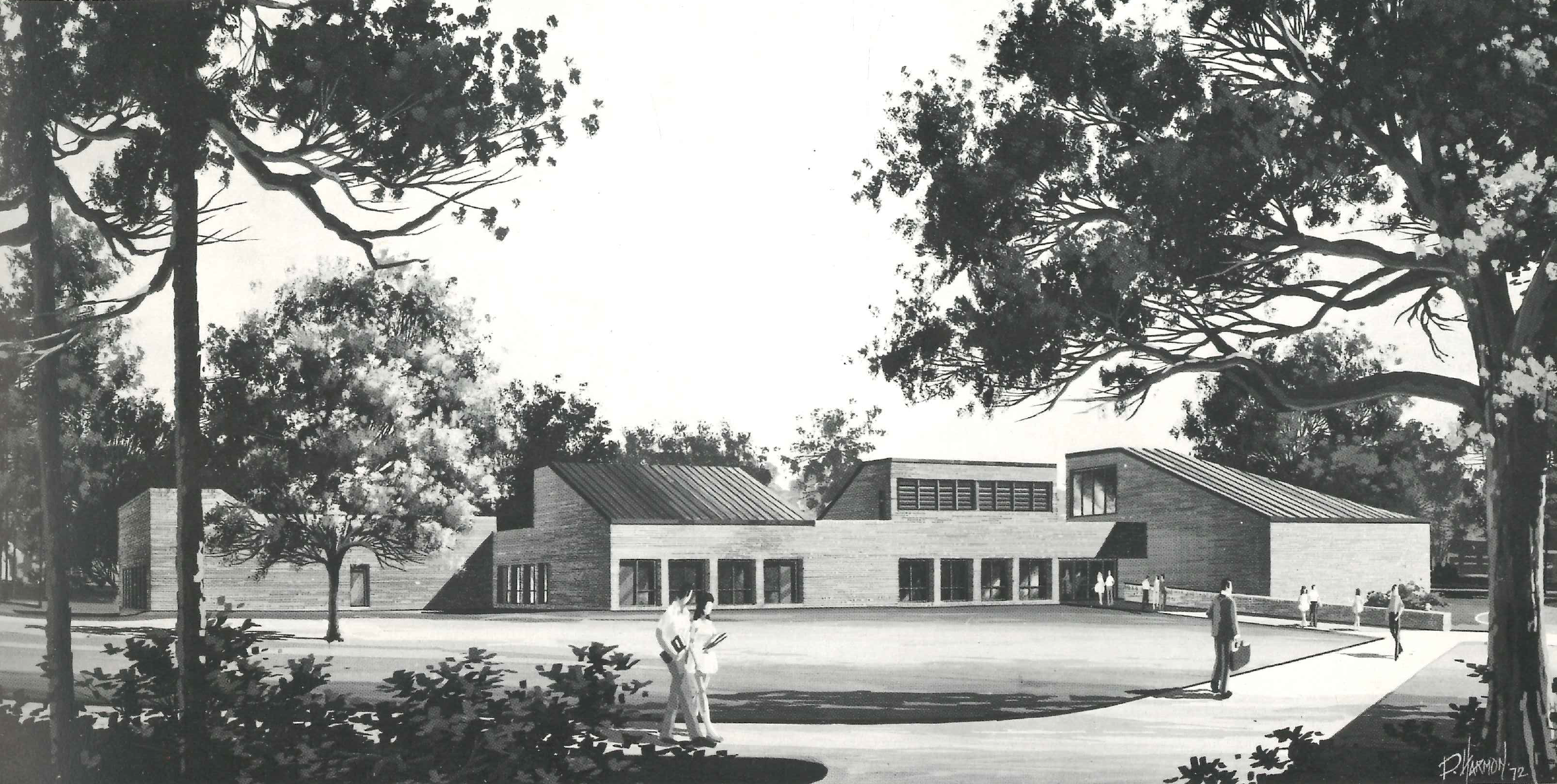
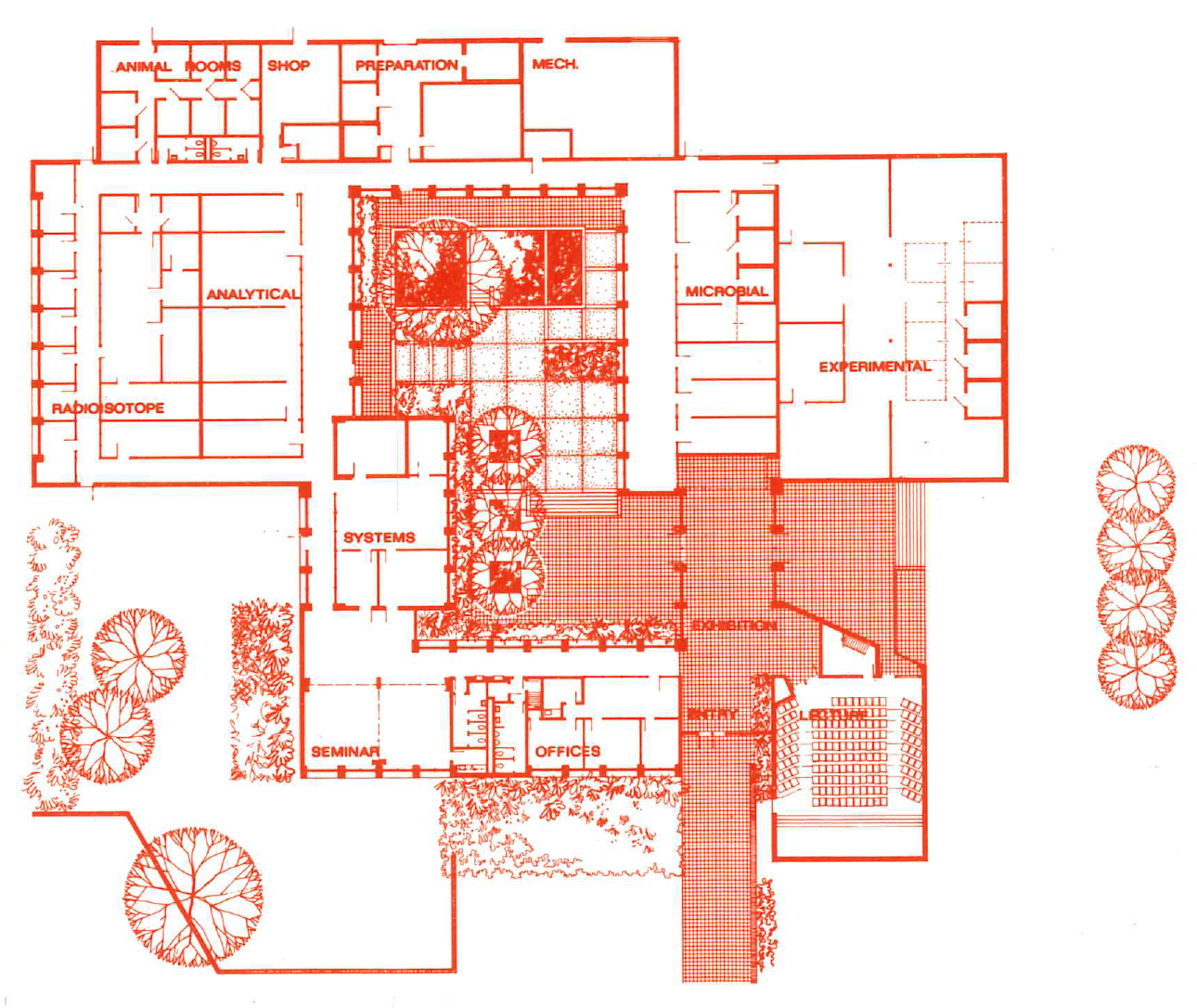
1972
1972
First Ph.D. degree in ecology awarded at UGA.
1971
1971
Ecology Ph.D. program approved; administered by a cross-disciplinary “Faculty of Ecology.”
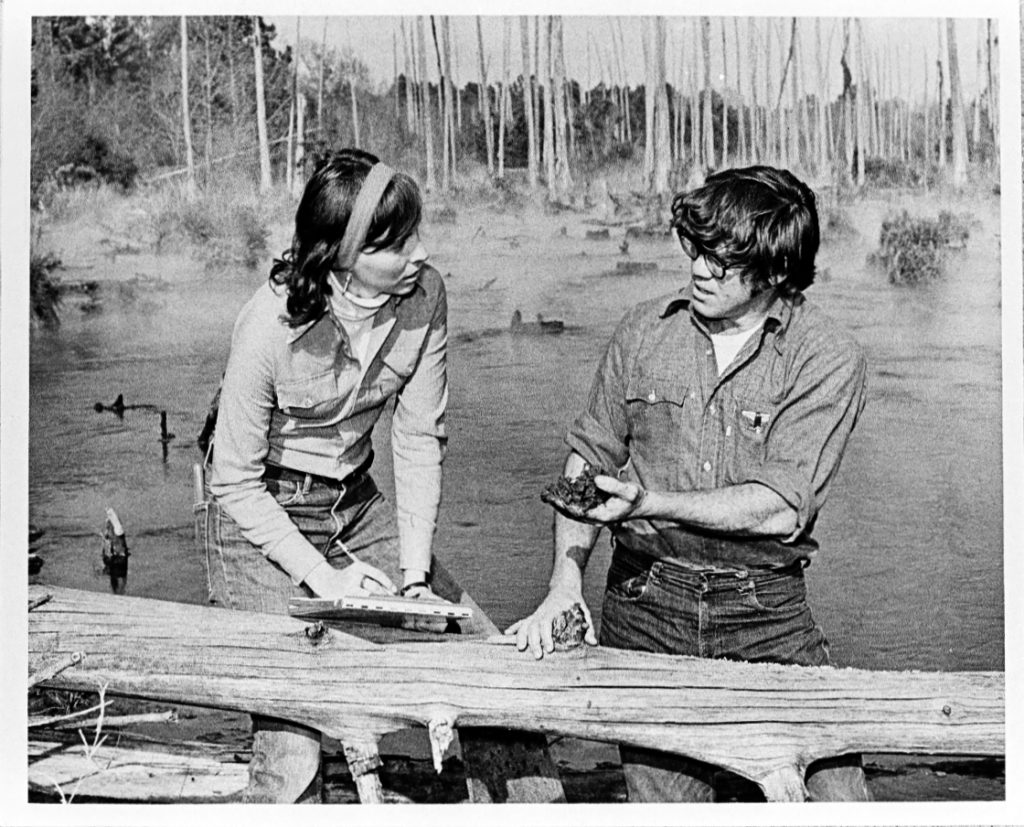
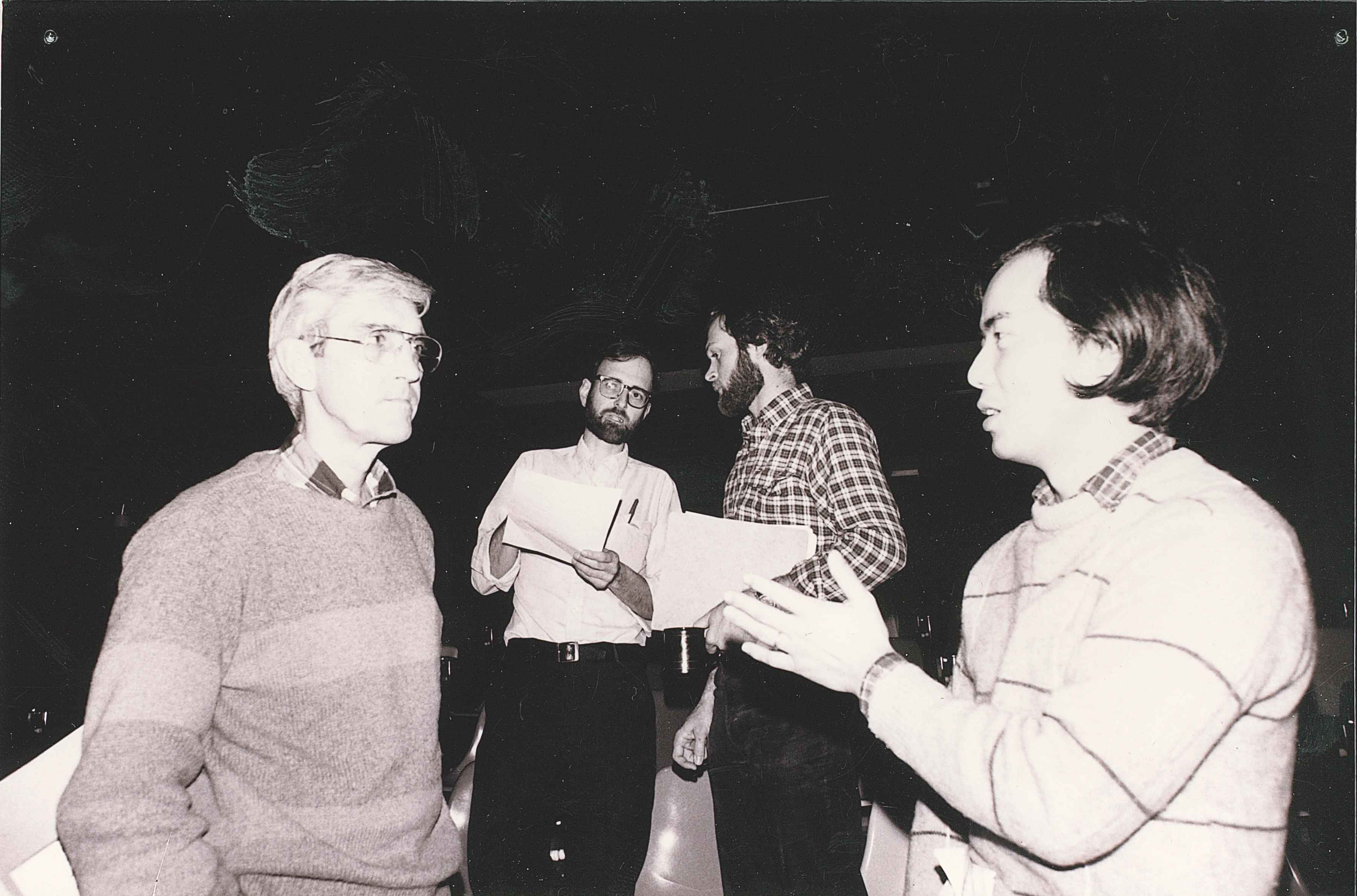
1970
1970
Odum is elected to the National Academy of Sciences, the first UGA faculty member to be so honored.
Institute of Ecology students hold a teach-in to celebrate the first Earth Day at UGA.
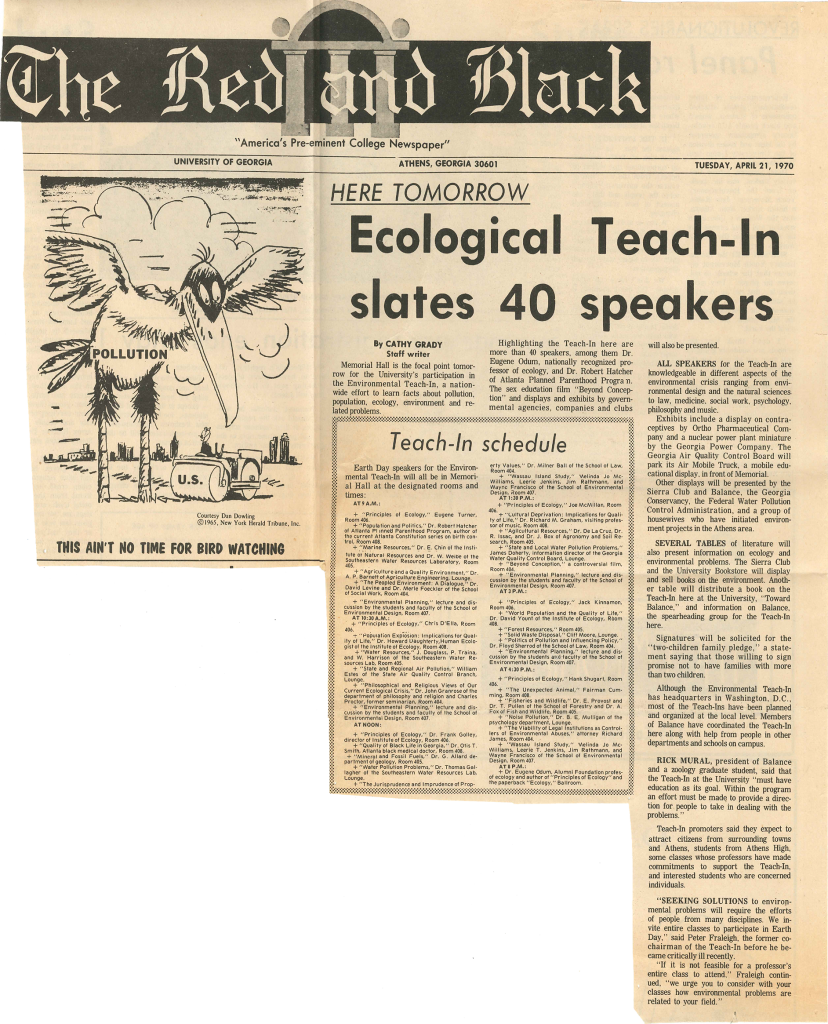
Georgia’s Coastal Marshlands Protection Act, is adopted, after Eugene Odum and Institute of Ecology students spearhead efforts to educate Georgians about the value of the state’s saltmarsh ecosystems.
1967
1967
Institute of Radiation Ecology becomes Institute of Ecology; Gene Odum is director, Frank Golley is executive director.
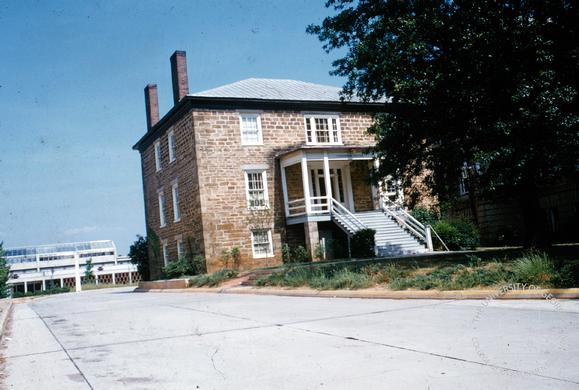
UGA participation in research at the U.S.F.S. Coweeta Hydrological Research Laboratory in Otto, North Carolina, begins.
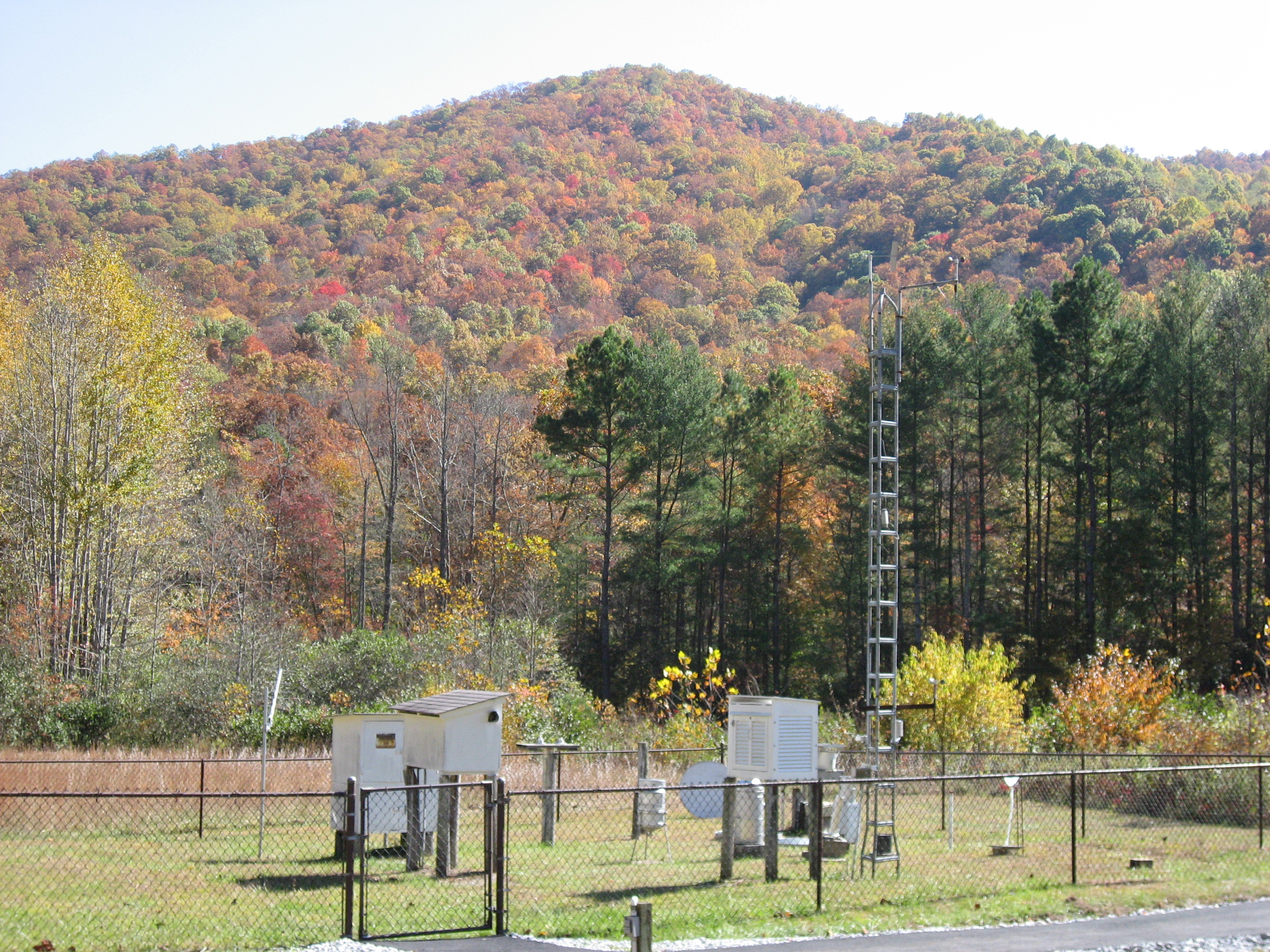
1965
1965
Odum serves as president of the Ecological Society of America.
1962
1962
On-site research station established at Savannah River Site with Frank Golley as director; later becomes Savannah River Ecology Laboratory.
First experimental mesocosm research conducted at HorseShoe Bend Experimental Research site in Athens.
1958
1958
The Institute of Radiation Ecology, based on research conducted at the Savannah River Site, is established at UGA.
1956
1956
Odum and his brother Howard T. Odum receive the Mercer Award from the Ecological Society of America for “Trophic Structure and Productivity of a Windward Coral Reef Community on Eniwetok Atoll.”
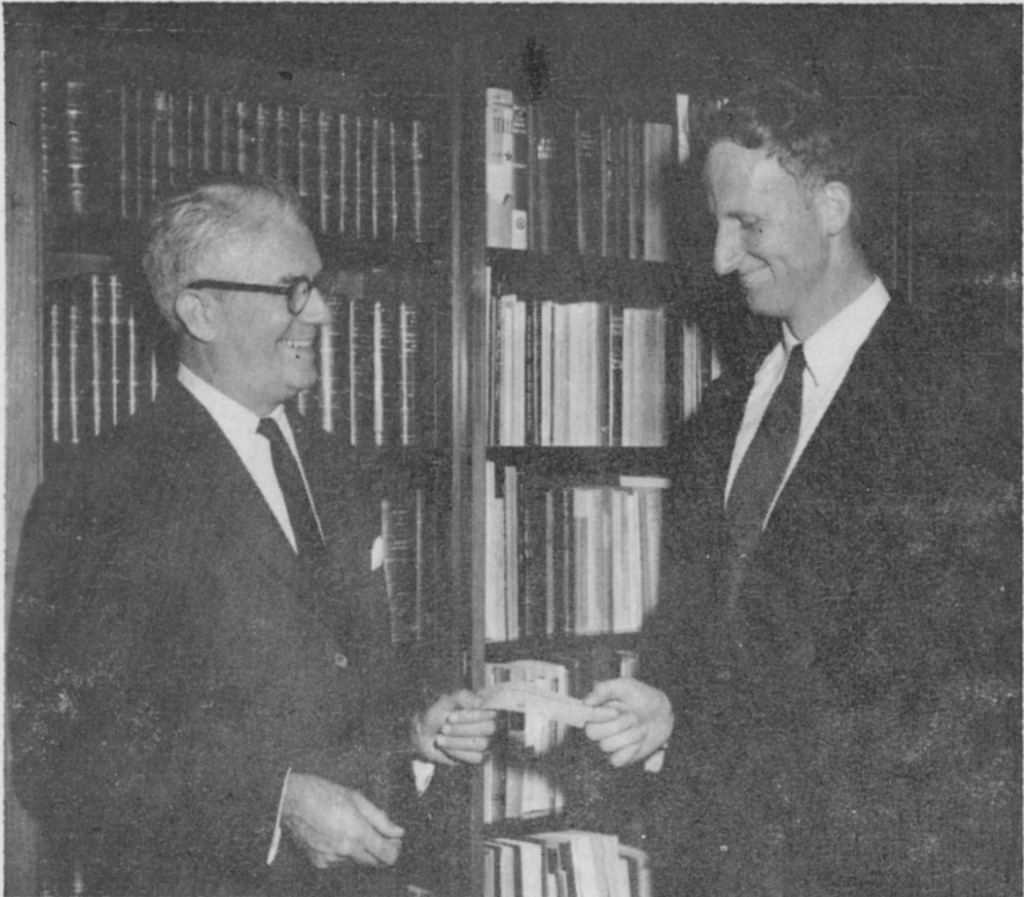
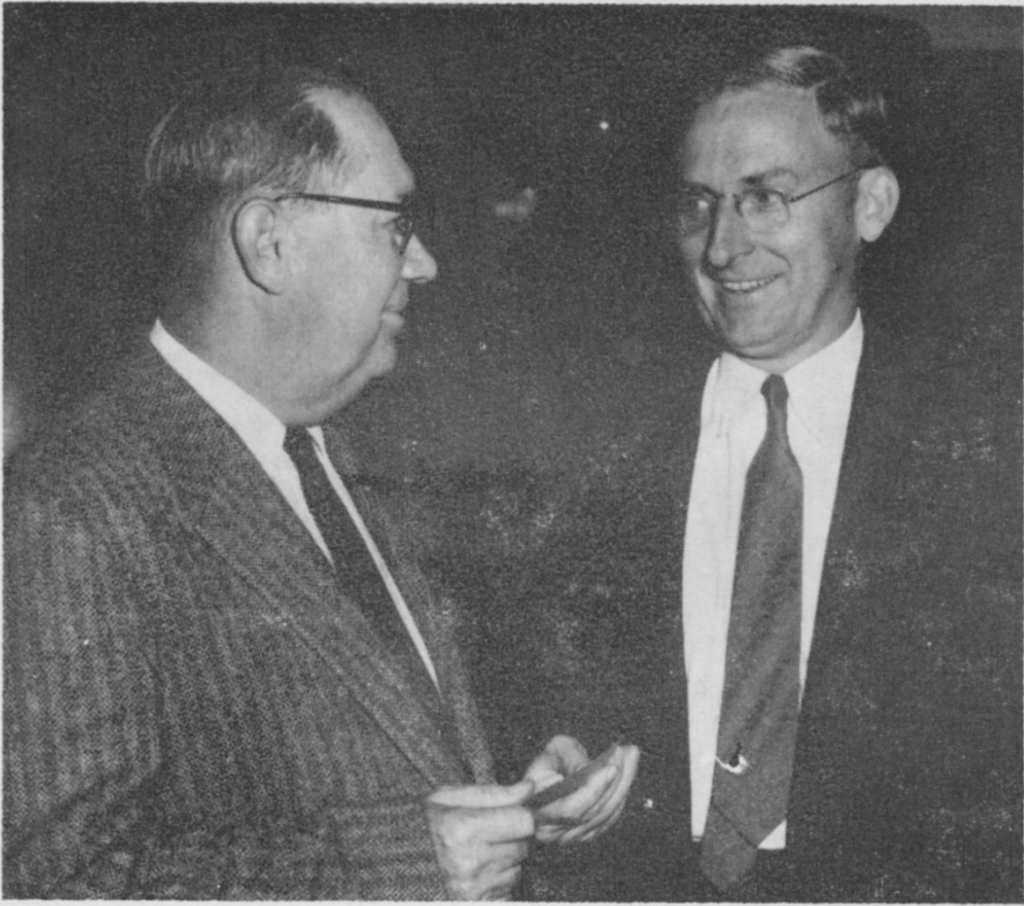
1953
1954
Odum establishes the Georgia Marine Biological Laboratory (later the UGA Marine Institute) on Sapelo Island, Georgia.
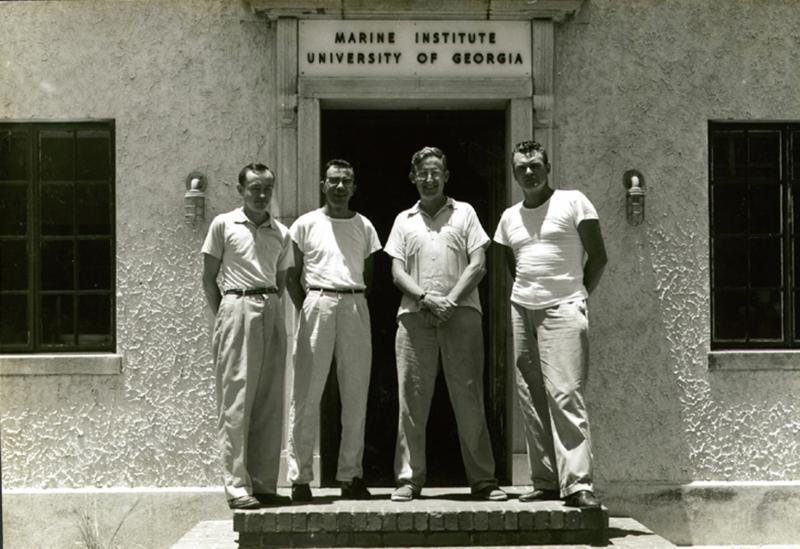
1953
1953
Odum publishes Fundamentals of Ecology, the first ecology textbook. Fundamentals would go on to be published in more than a dozen languages and five editions, still in use today.
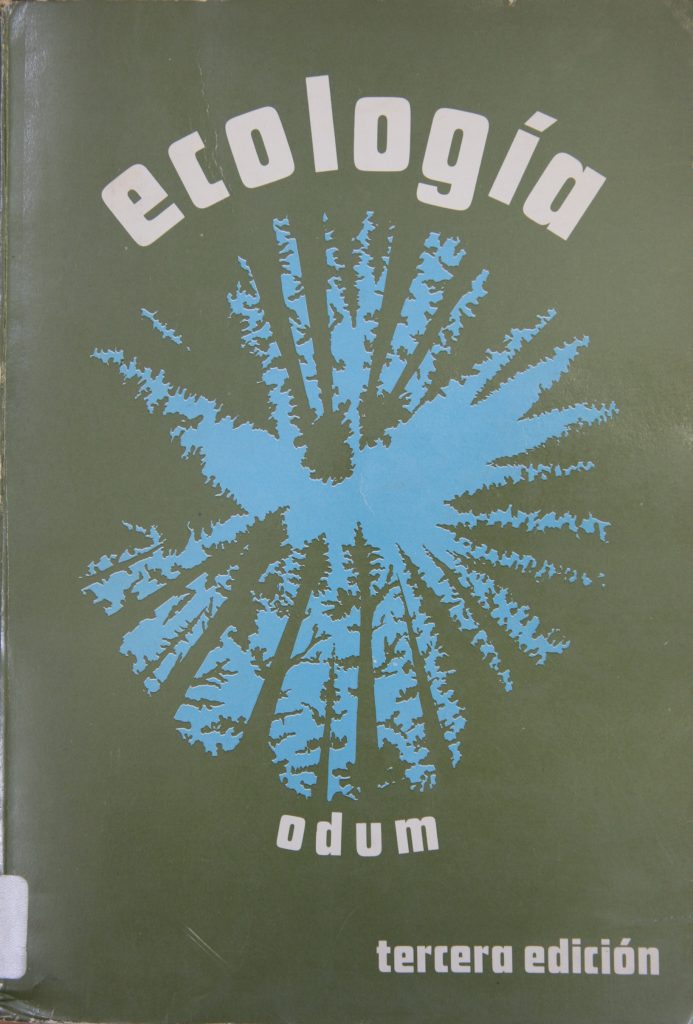
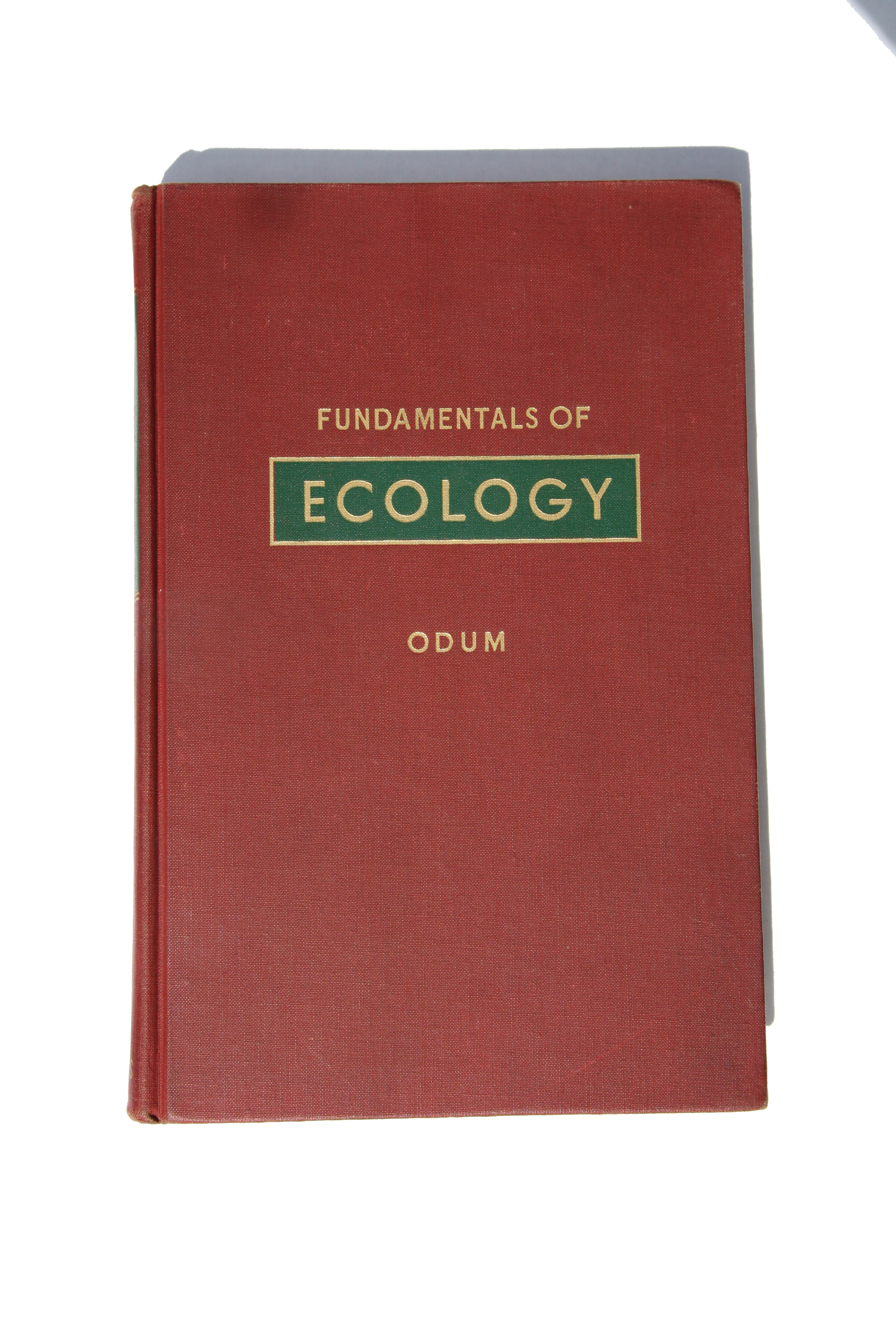
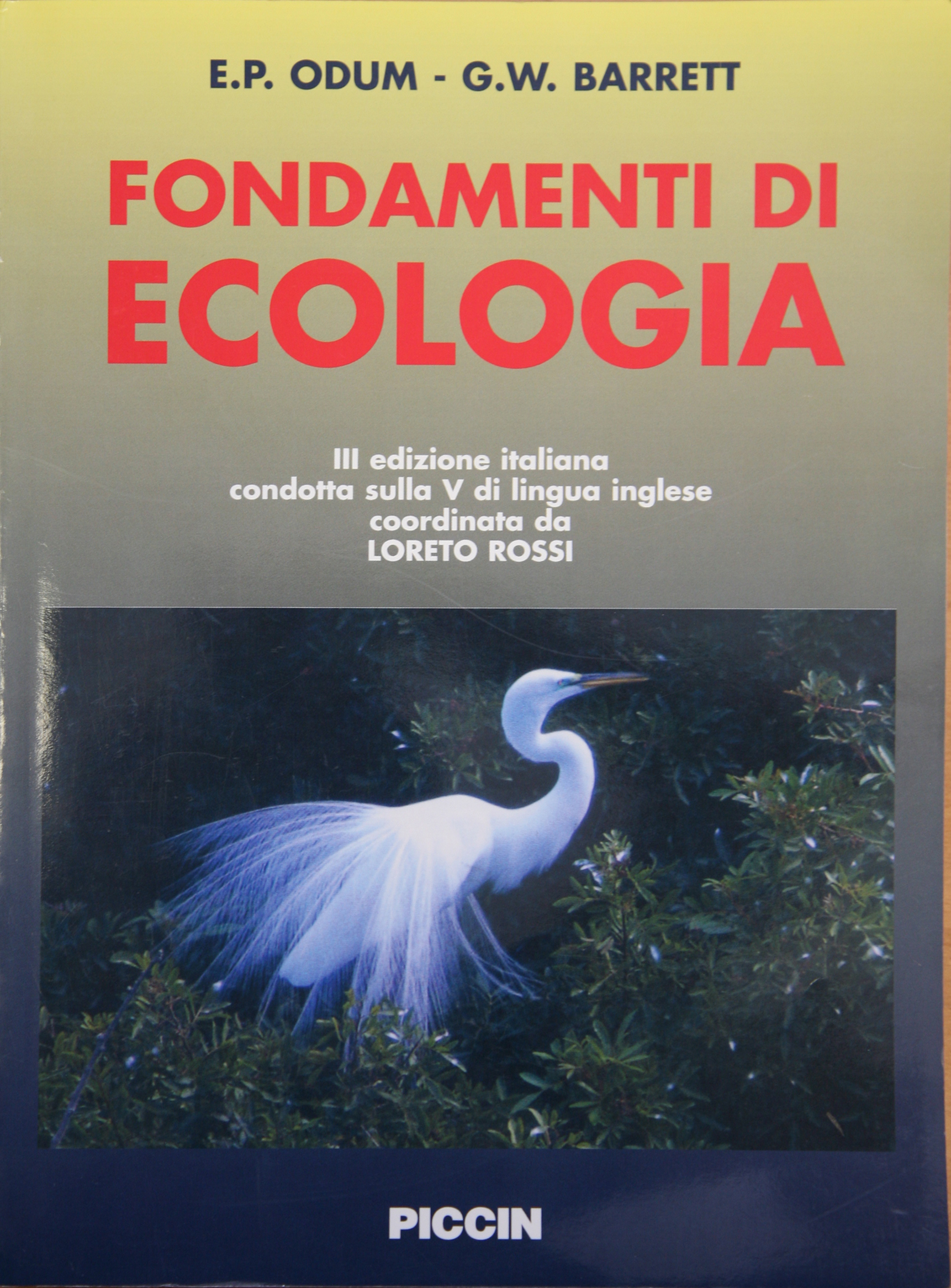
1951
1951
Odum begins ecological inventories at the Savannah River Site near Aiken, South Carolina.
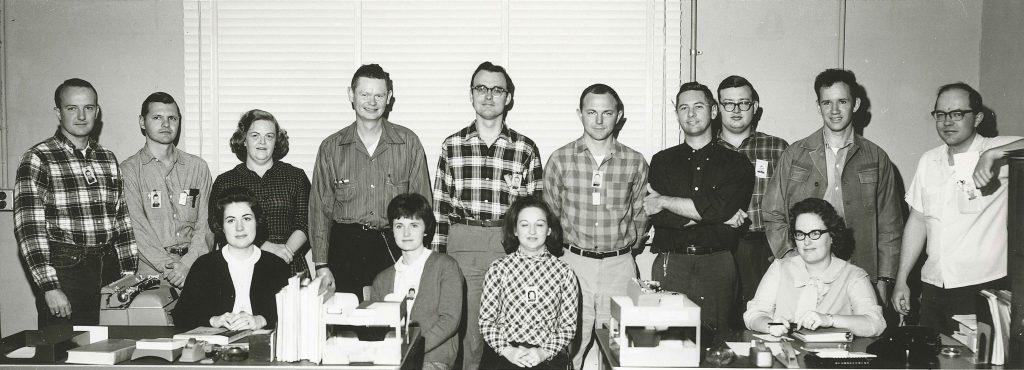
1950
1950
Odum is named a Fellow of the American Association for the Advancement of Science.
1948
1948
Odum’s suggestion that ecology be part of core curriculum in biology rejected by faculty “on the basis that the subject had no basic principles.” Odum begins writing Fundamentals of Ecology in response.
1940
1940
Odum is hired as an instructor in the department of zoology at the University of Georgia.
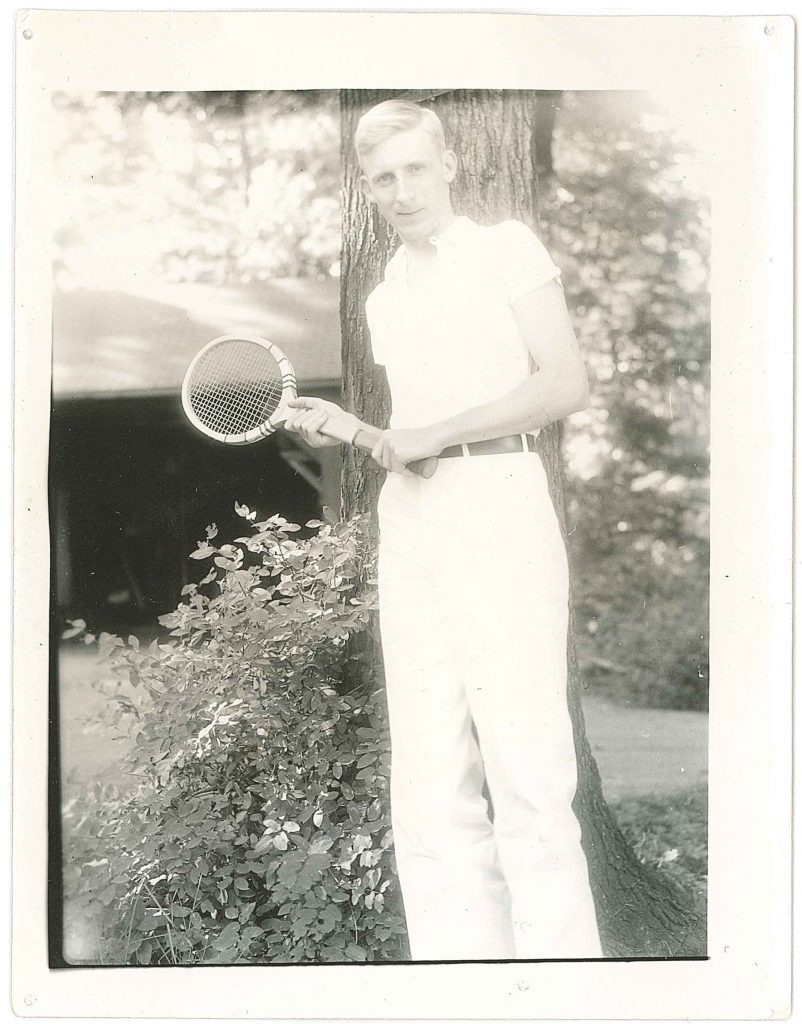
1939
1939-1940
Odum serves as the first resident naturalist at the Edmund Niles Huyck Preserve in Rensselaerville, New York.
1939
1939
Odum receives a Ph.D. in zoology with a major in ecology from the University of Illinois.
1936
1936
Odum receives an A.M. degree from the University of North Carolina in zoology.
1934
1934
Odum graduates from the University of North Carolina with an A.B. degree in zoology and minor in botany.
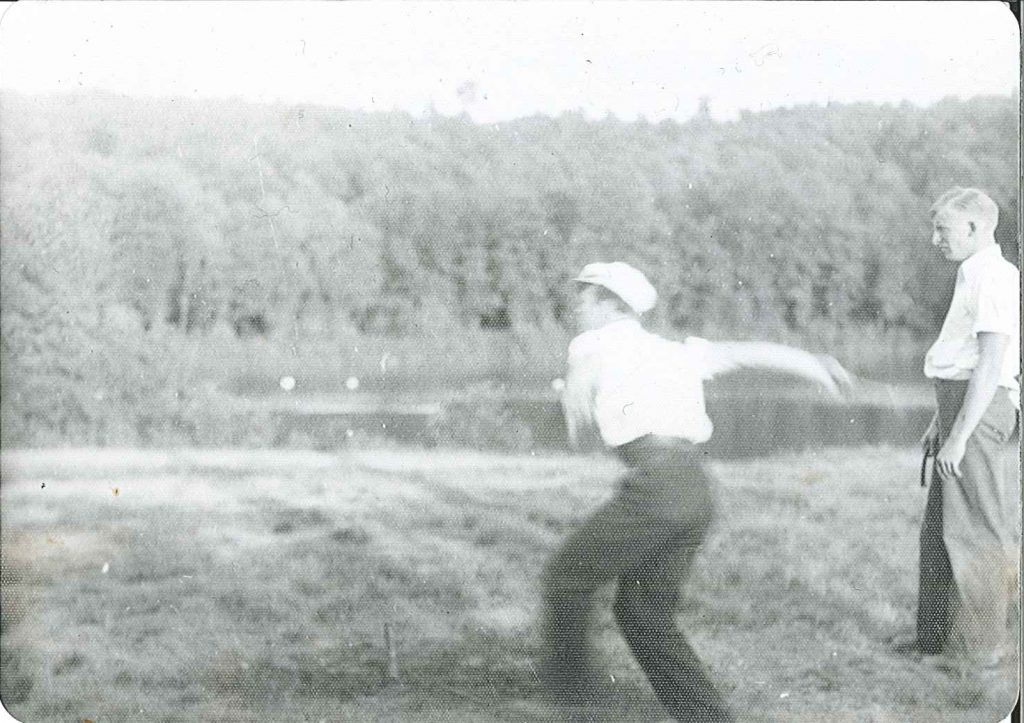
1913
1913
Eugene Pleasants Odum is born on Sept. 17, 1913 in Newport, New Hampshire.
